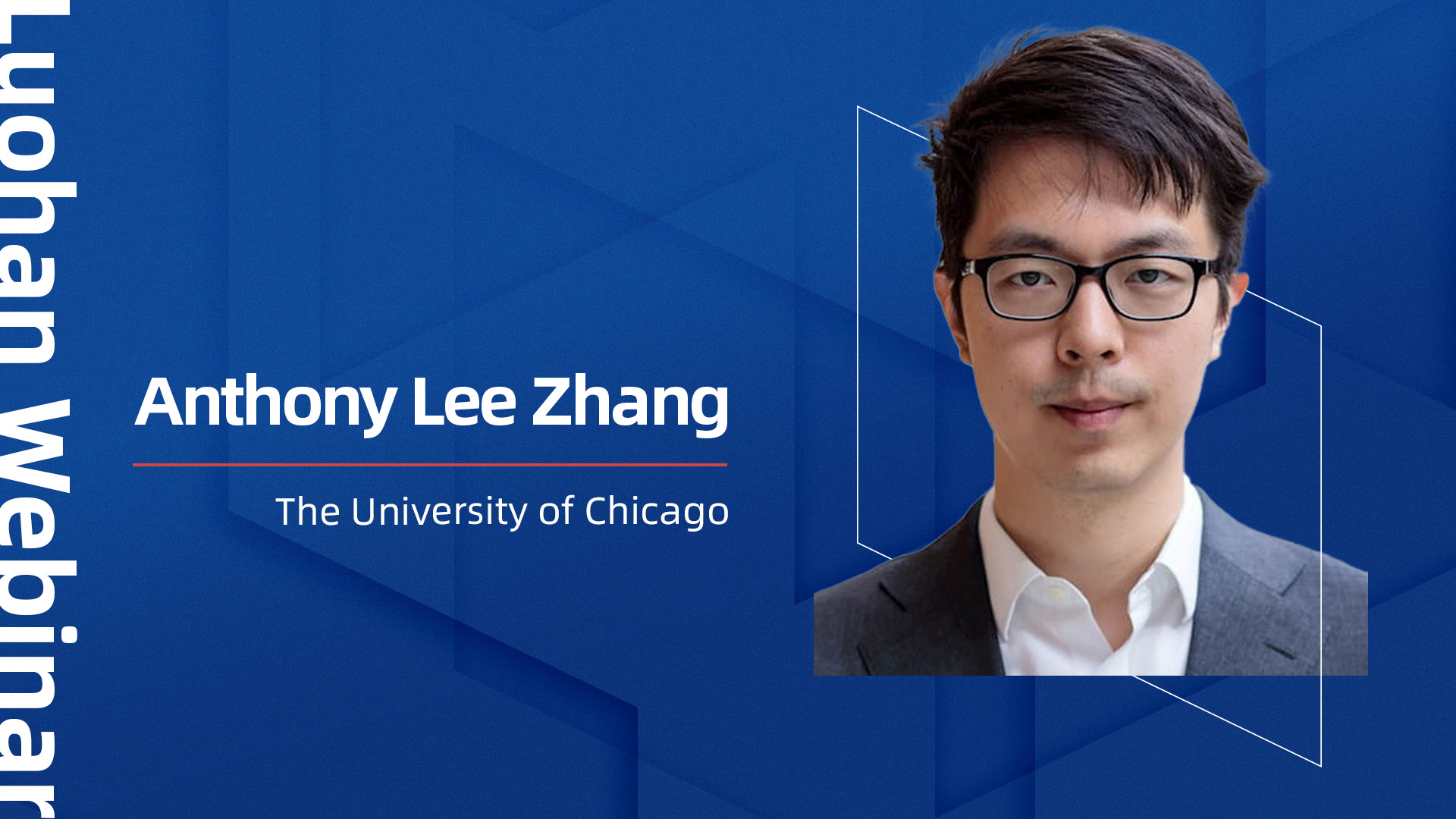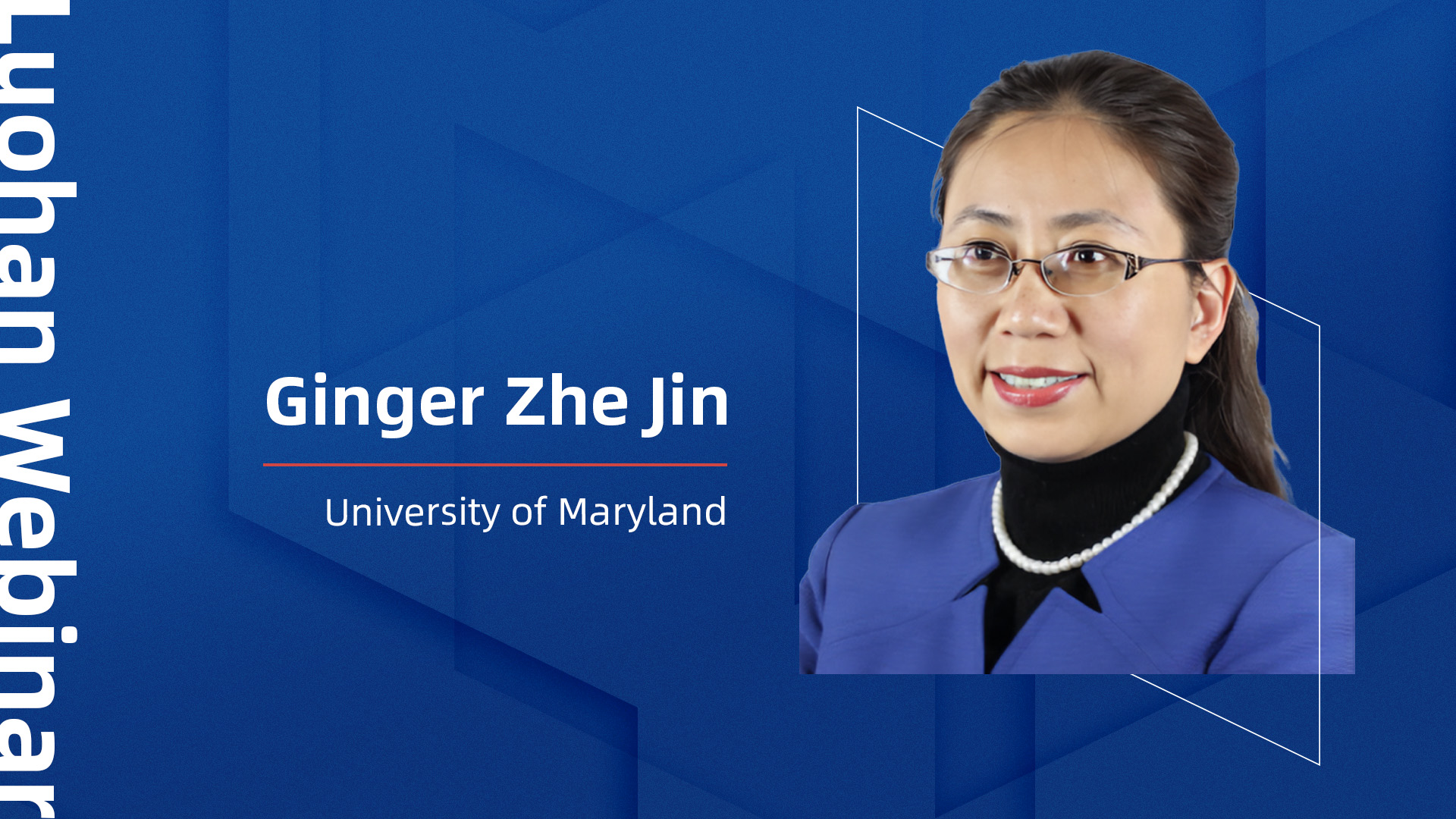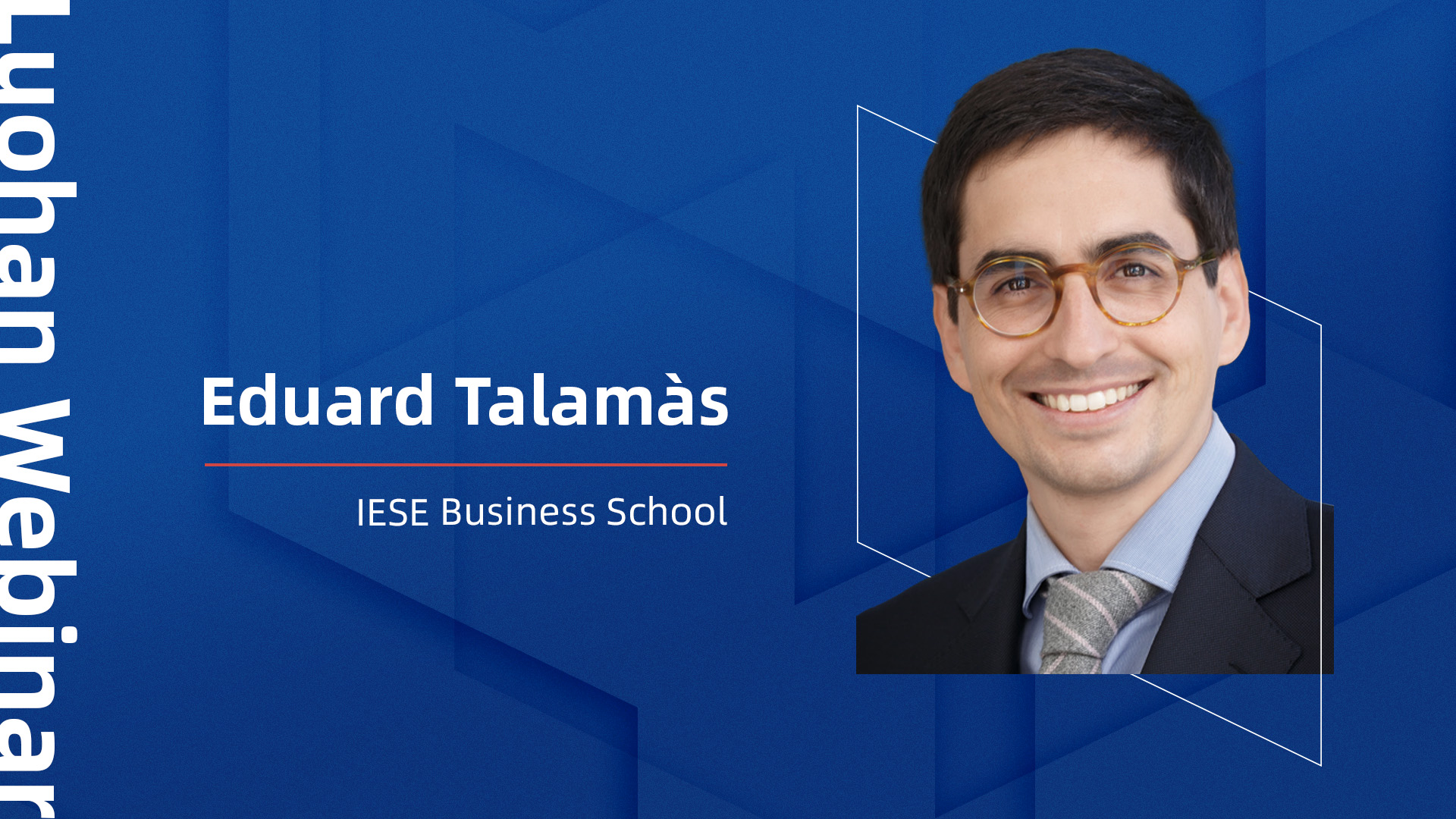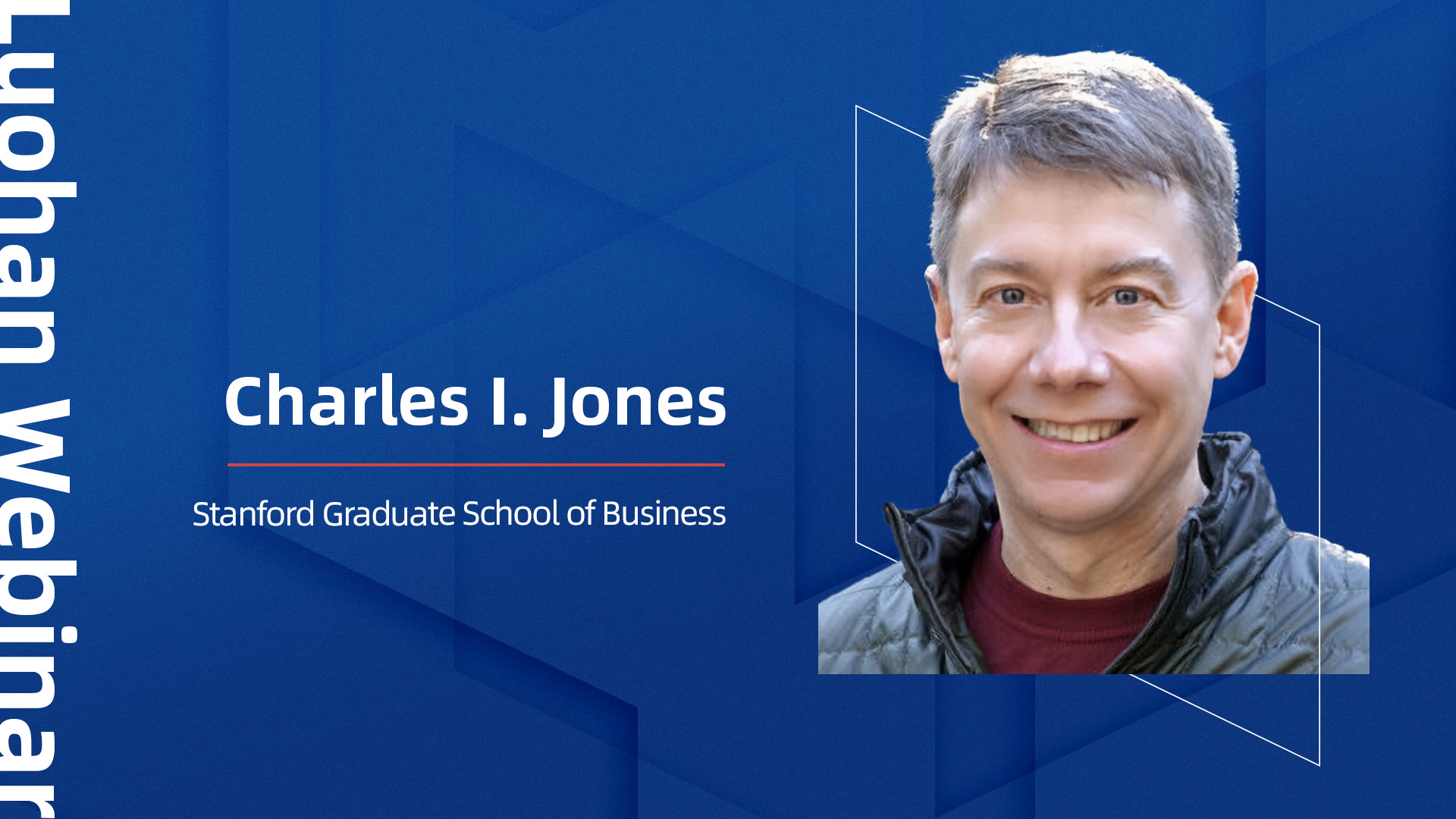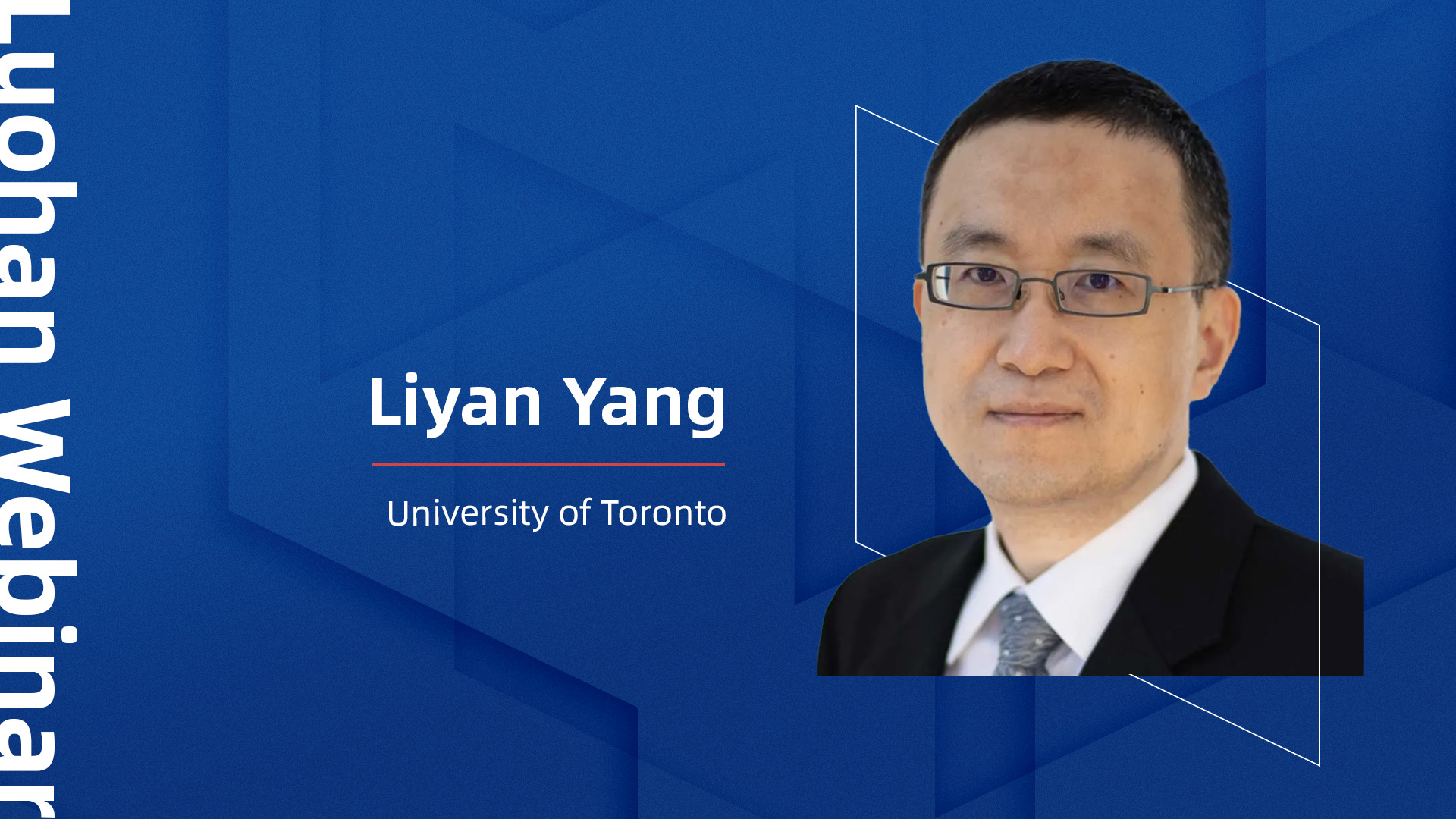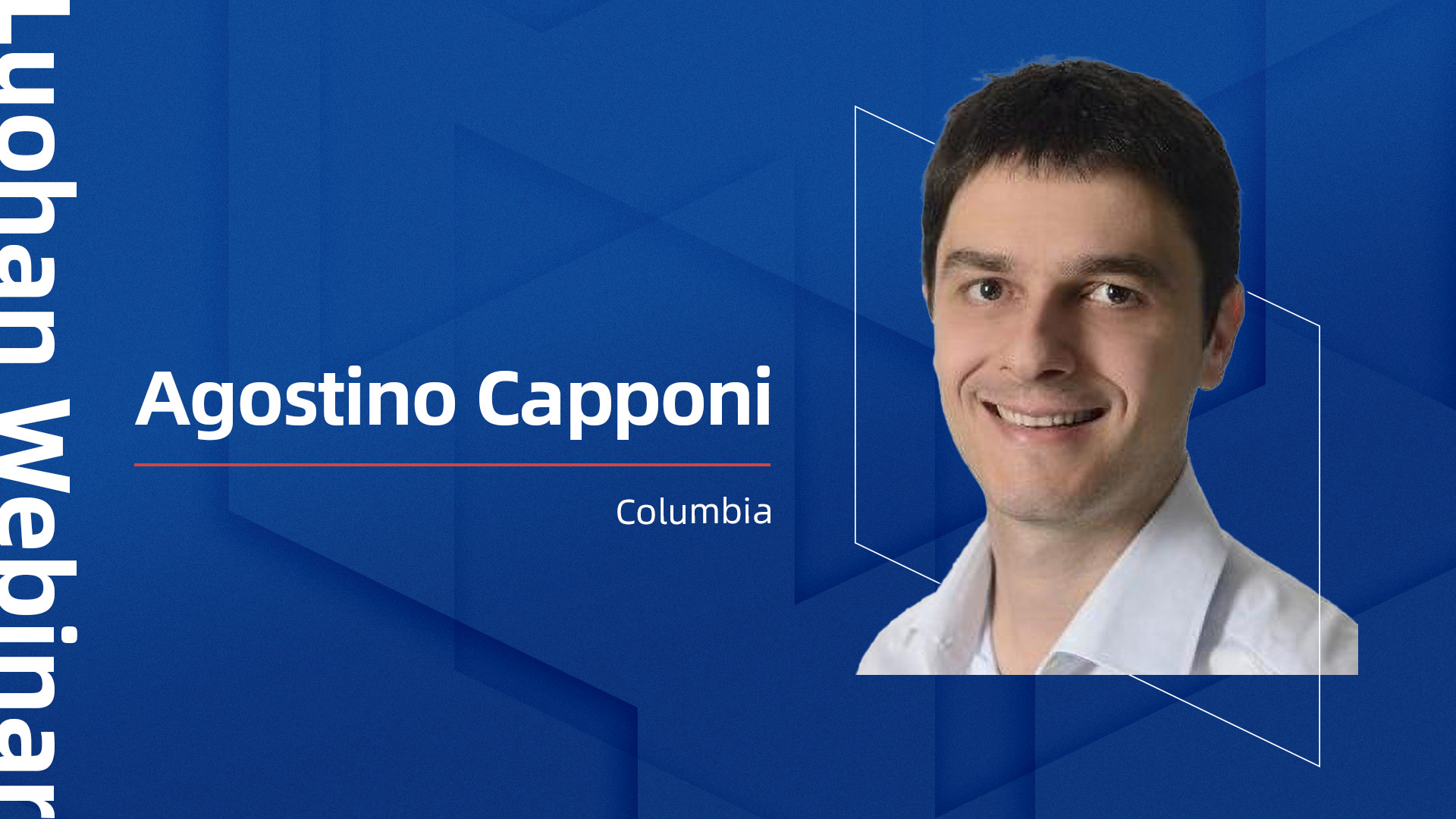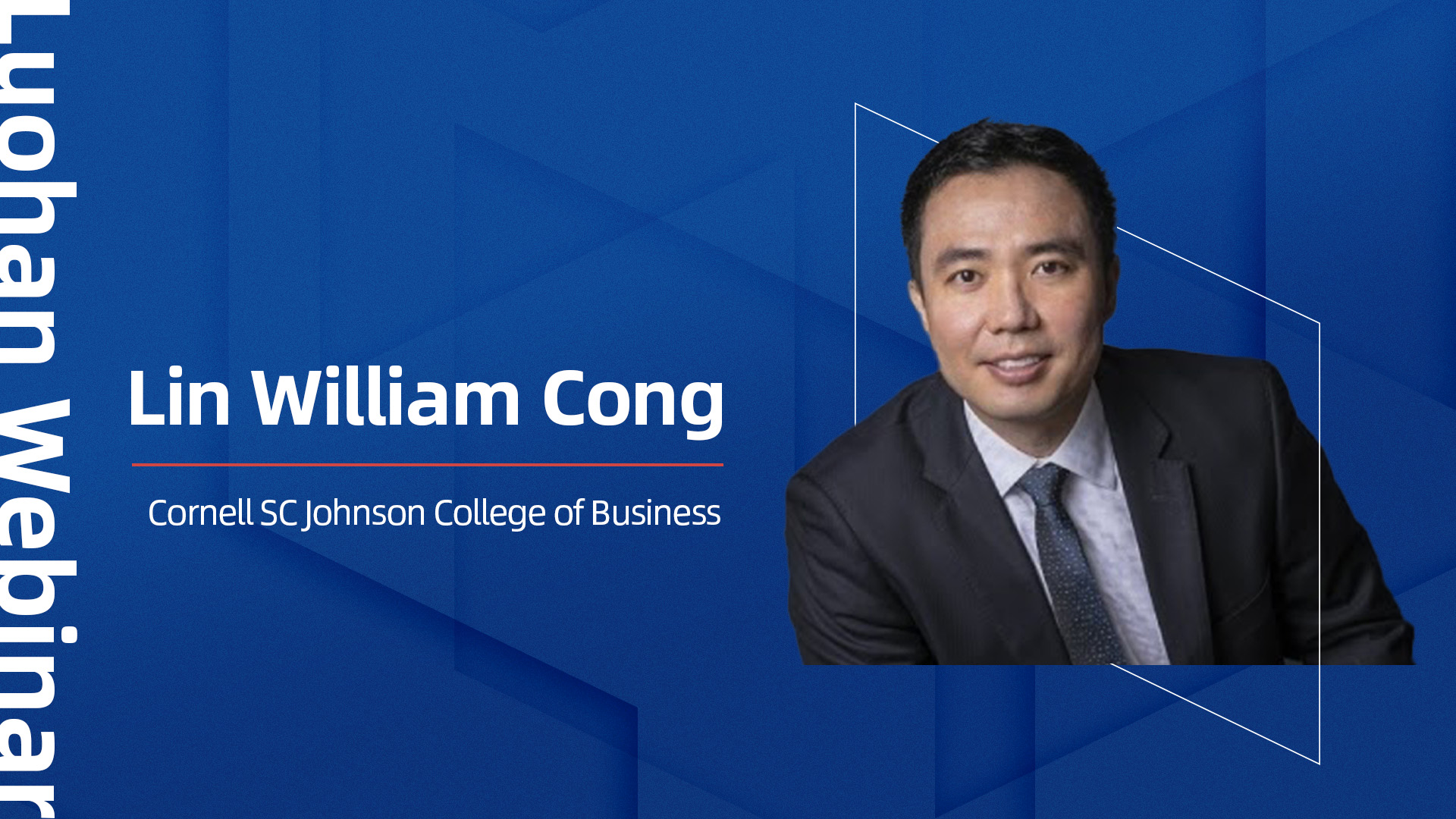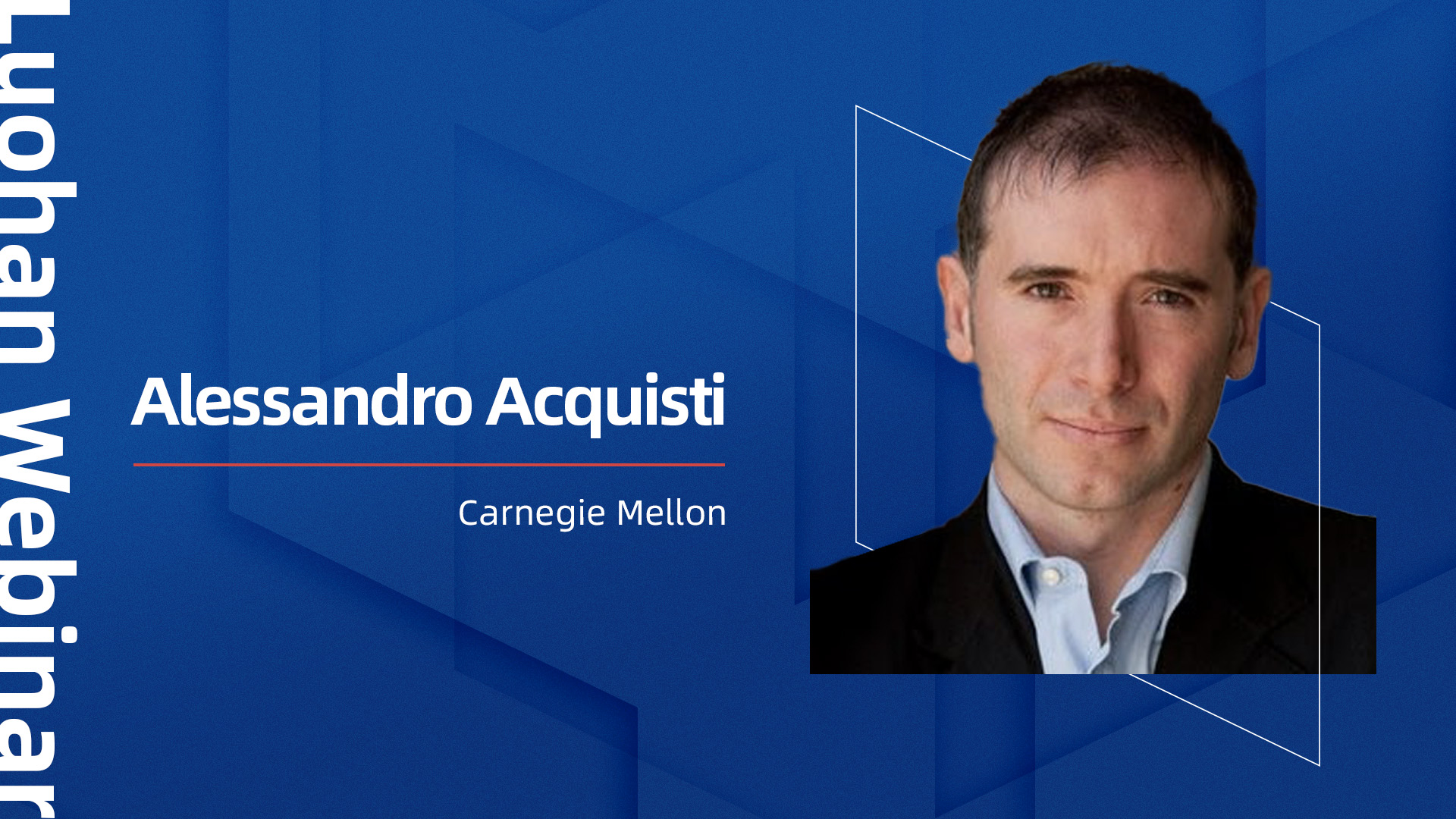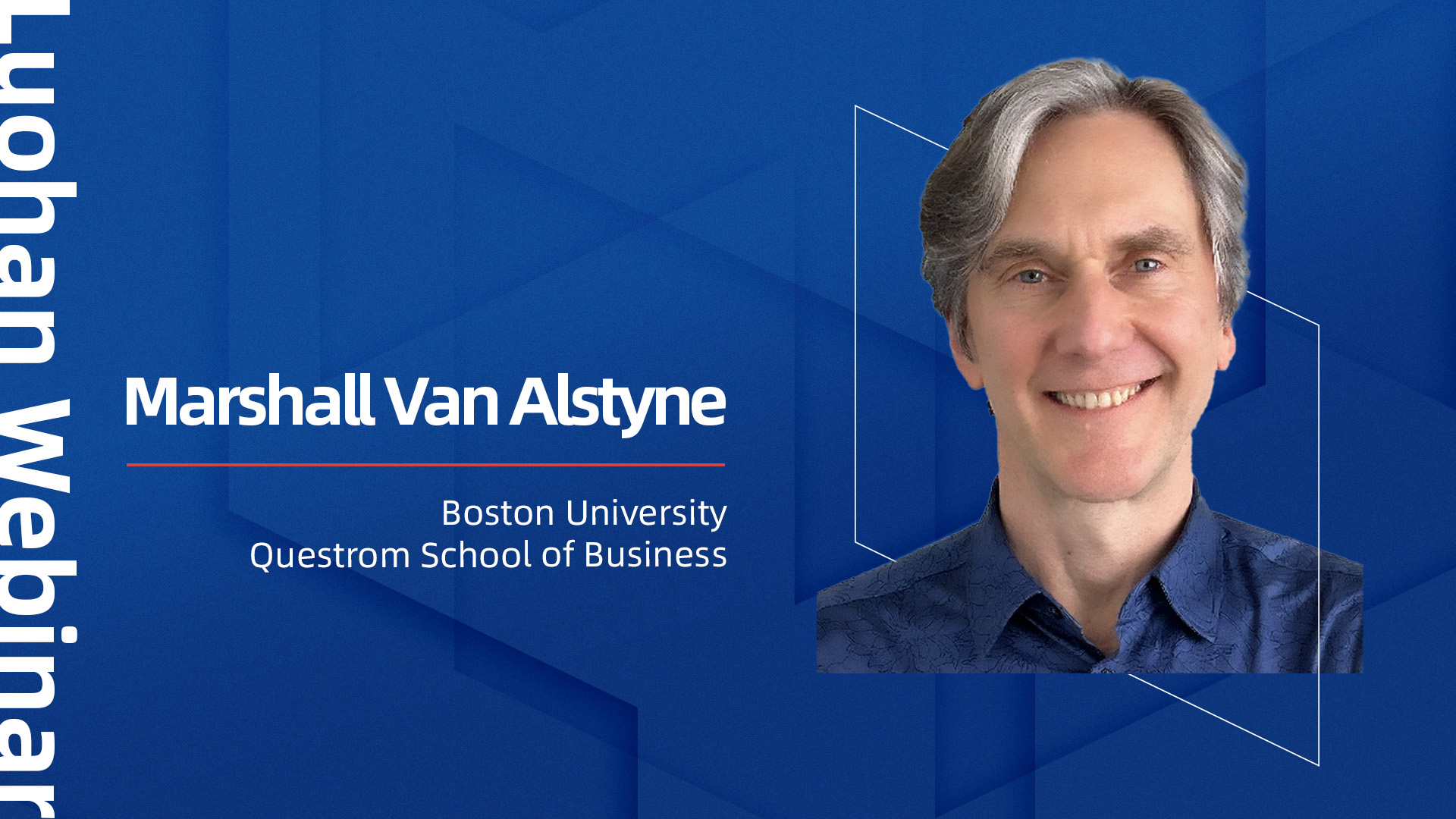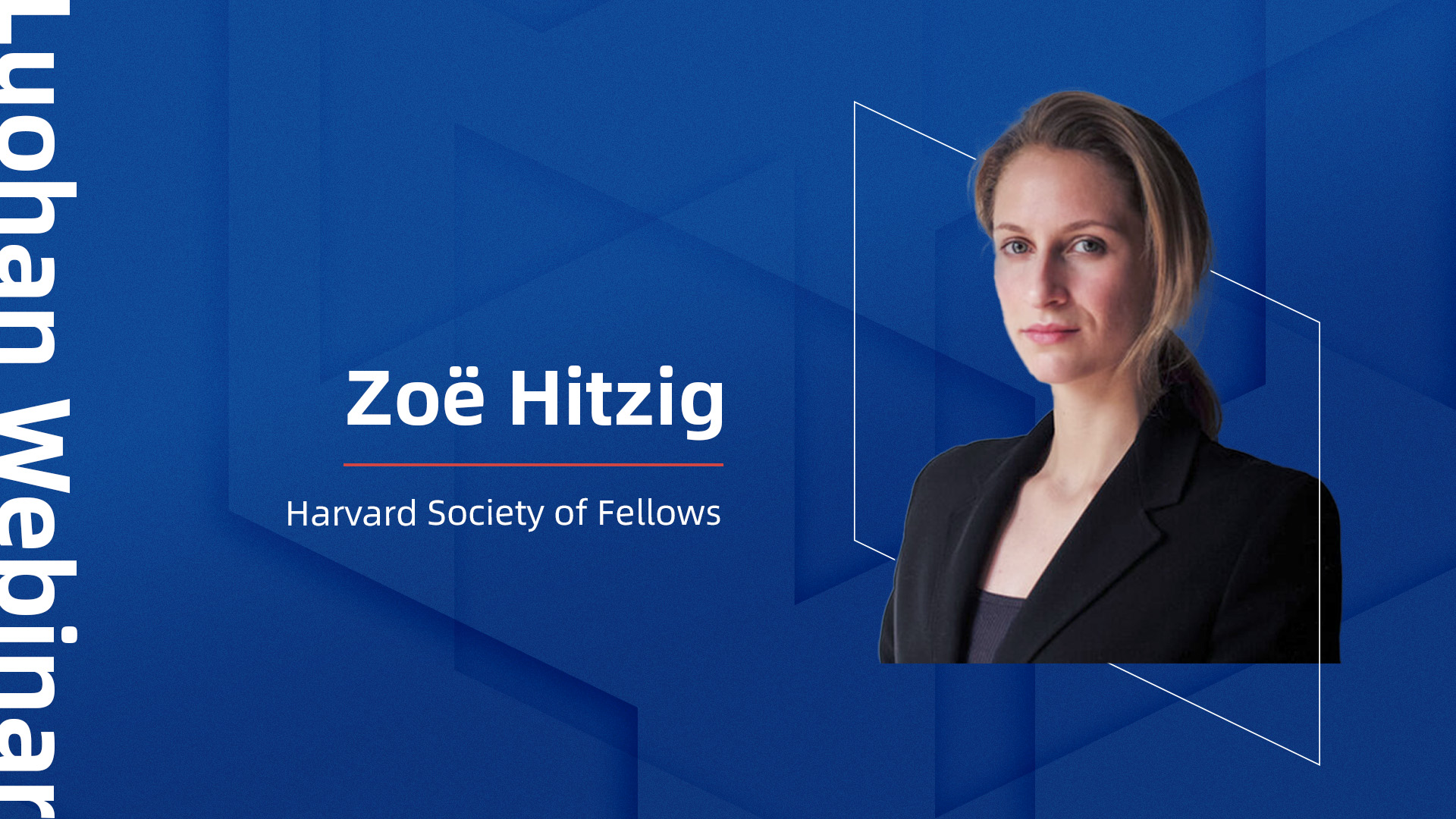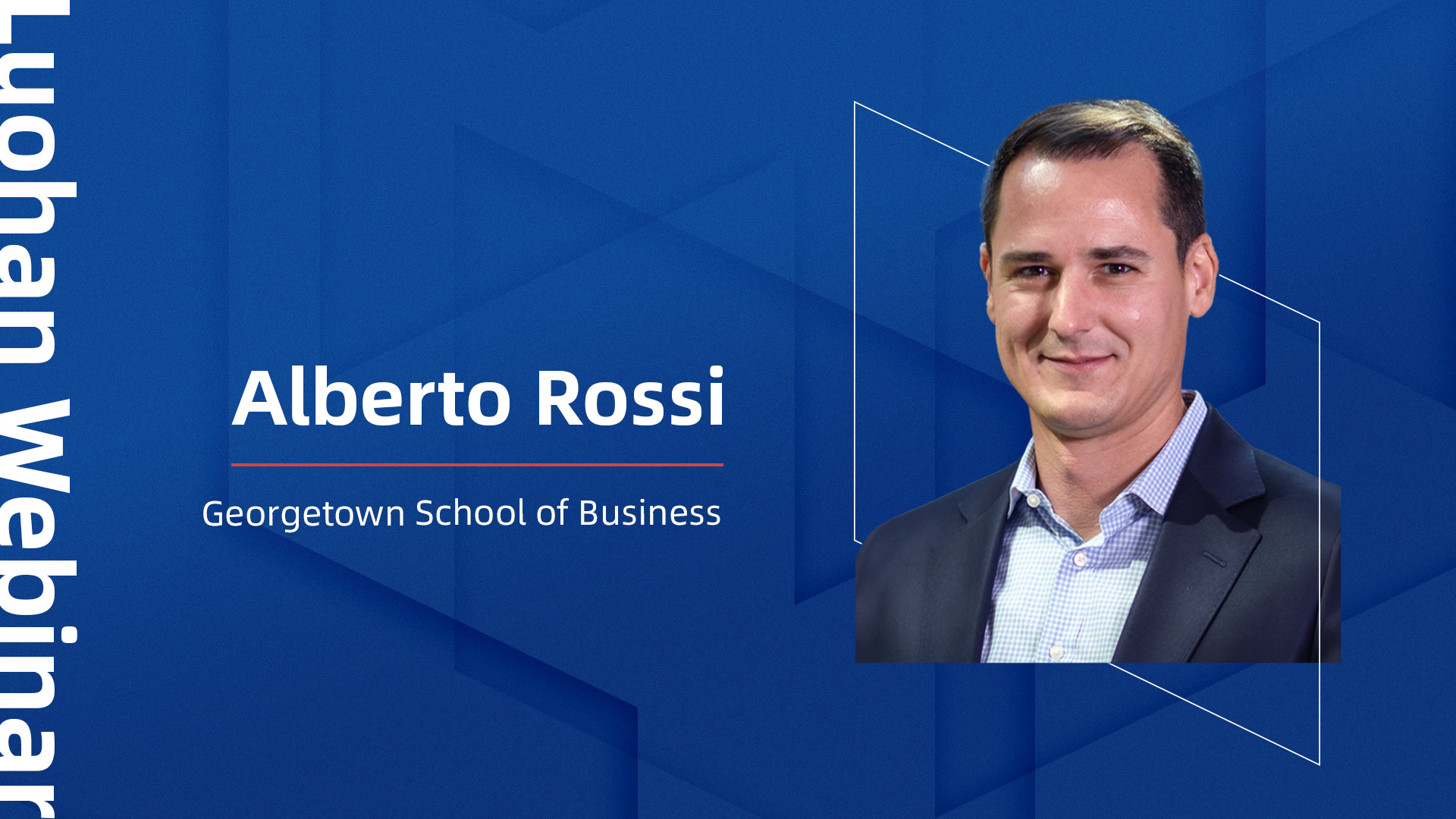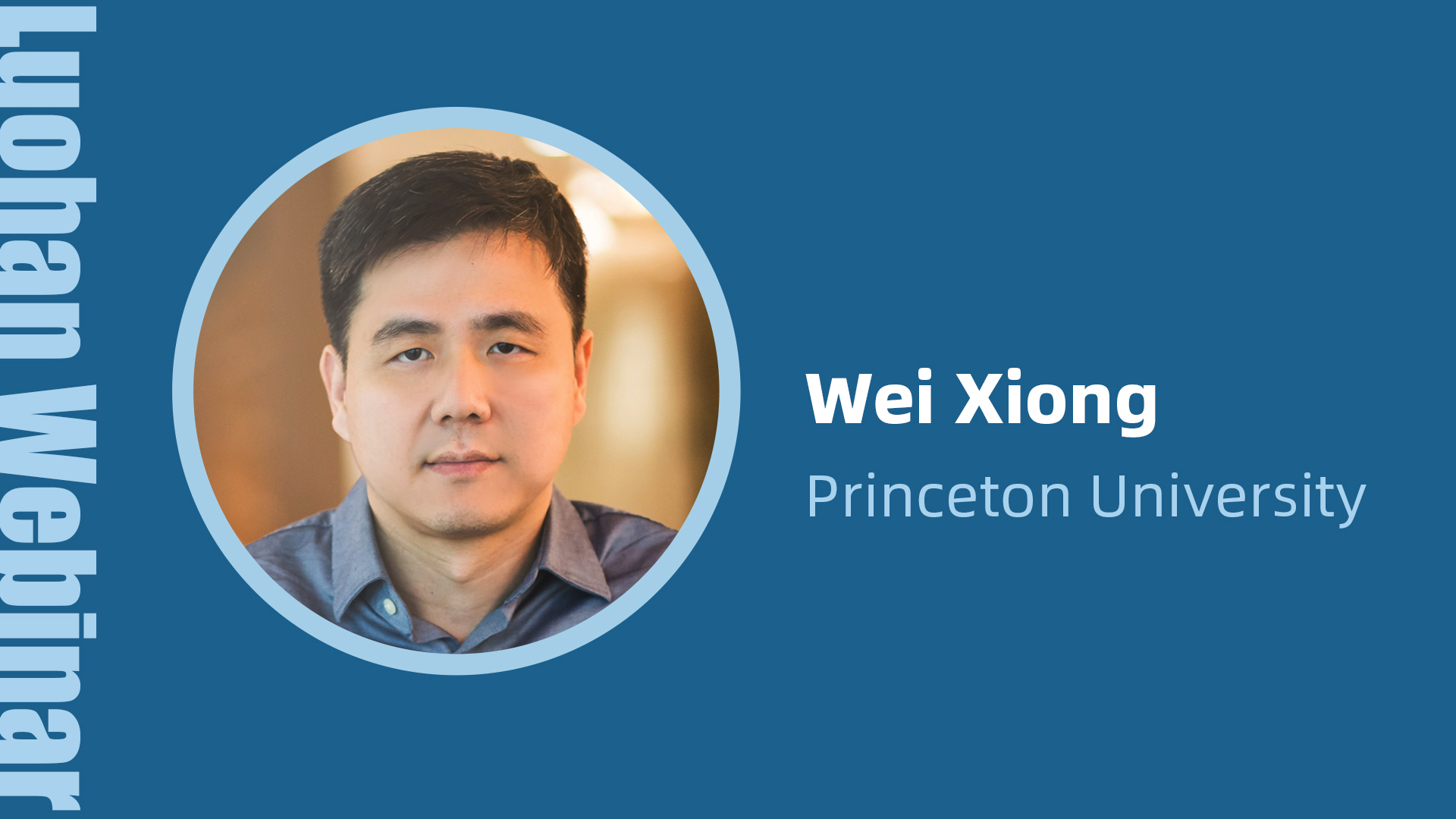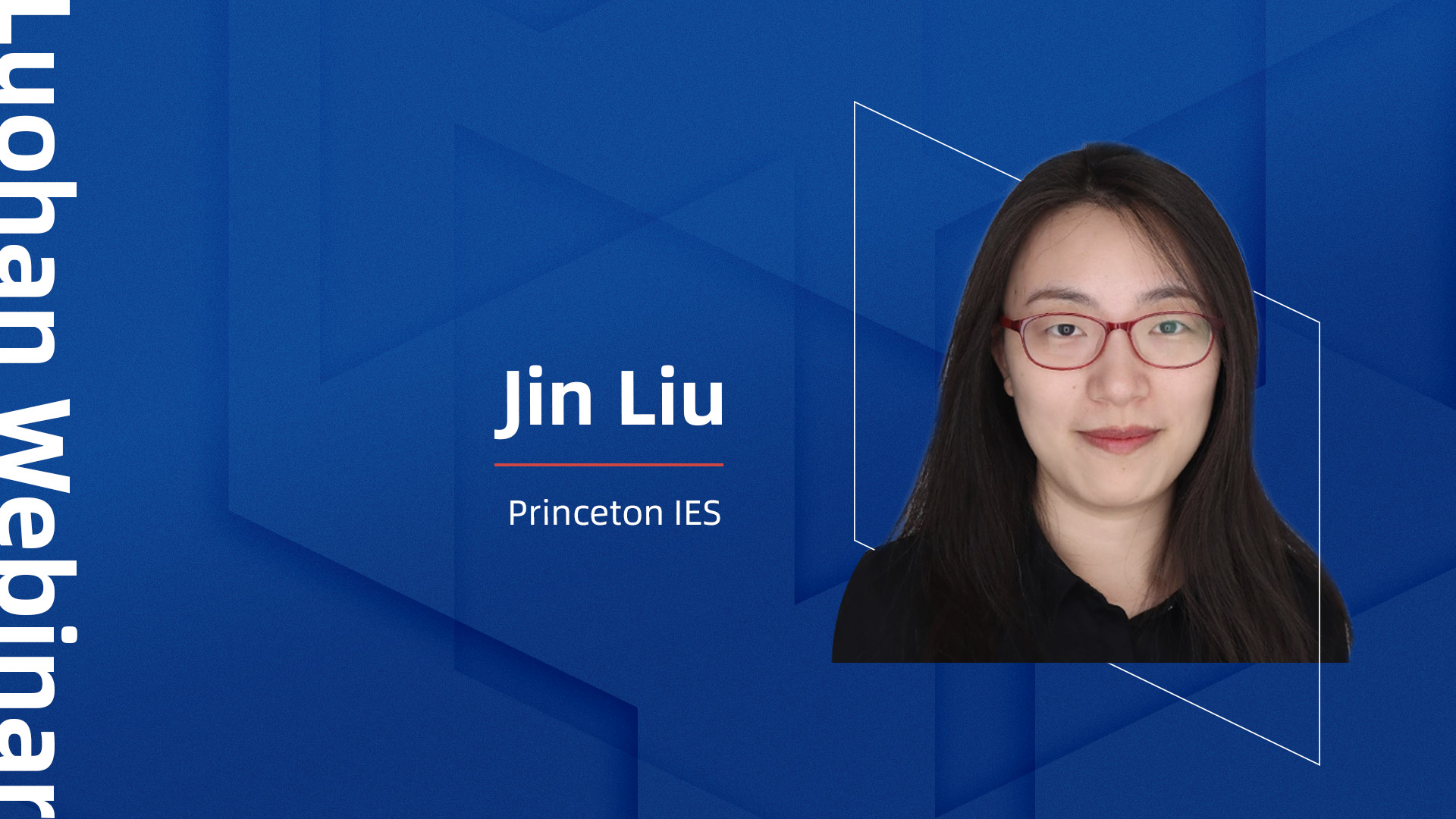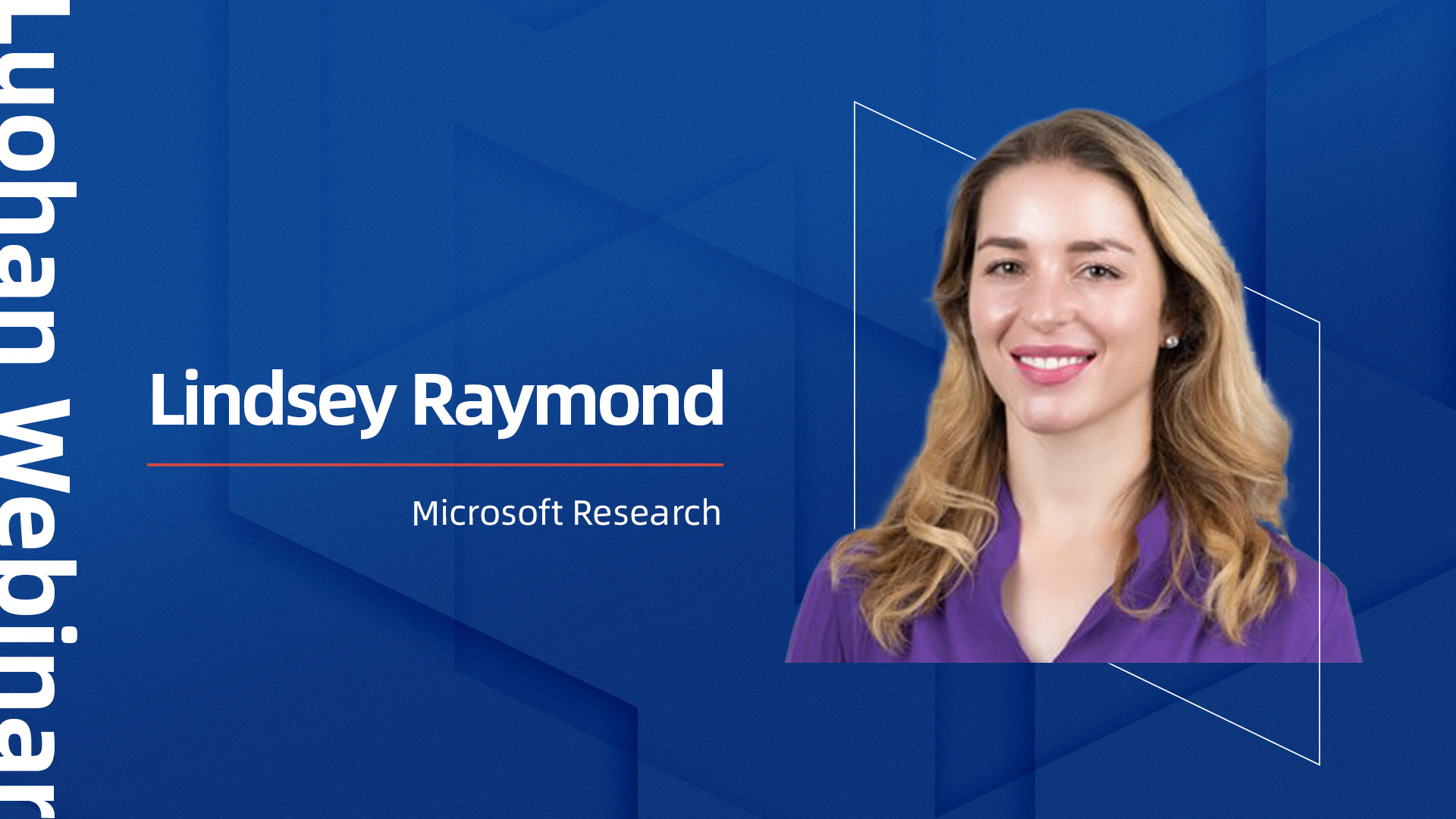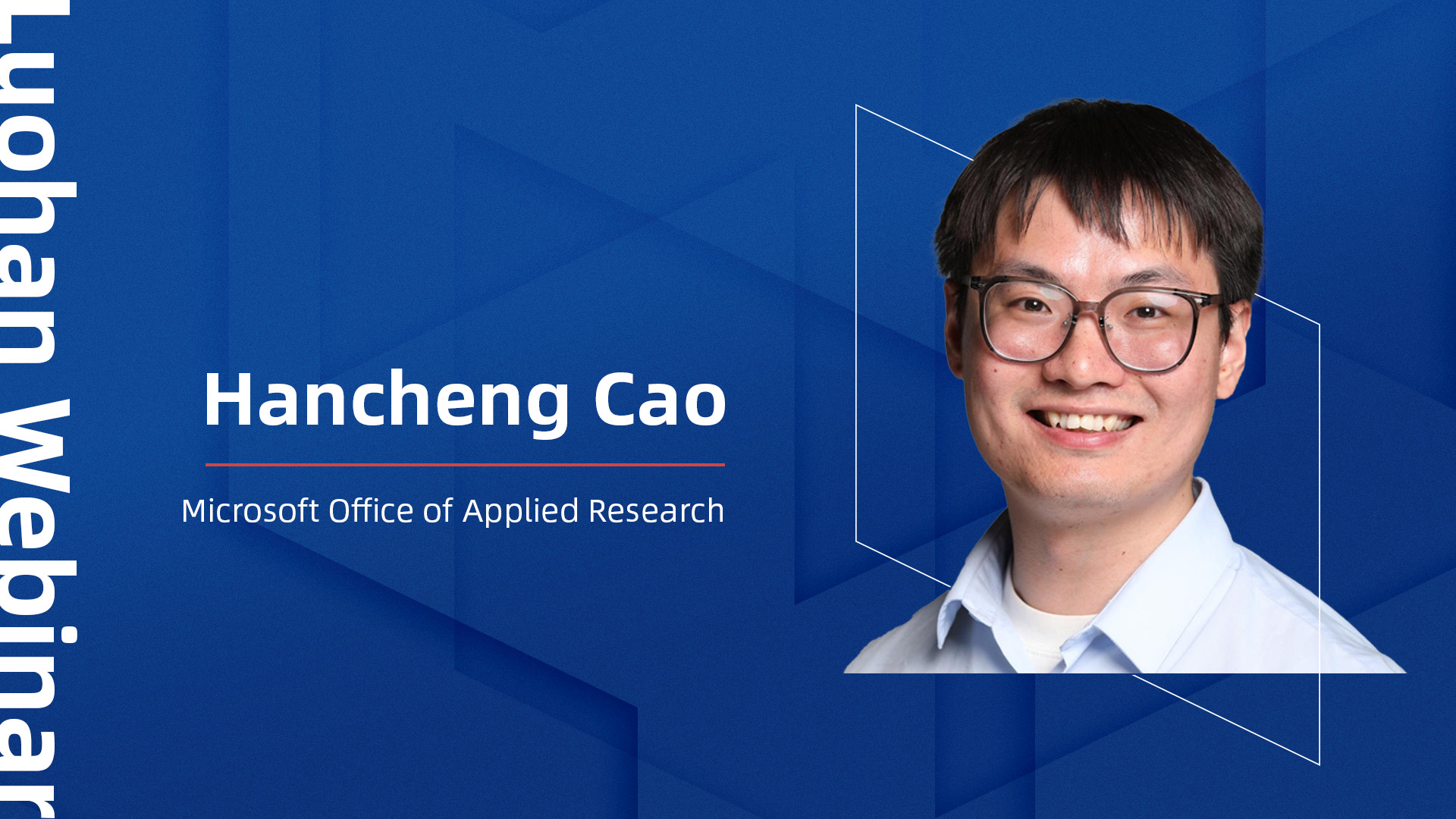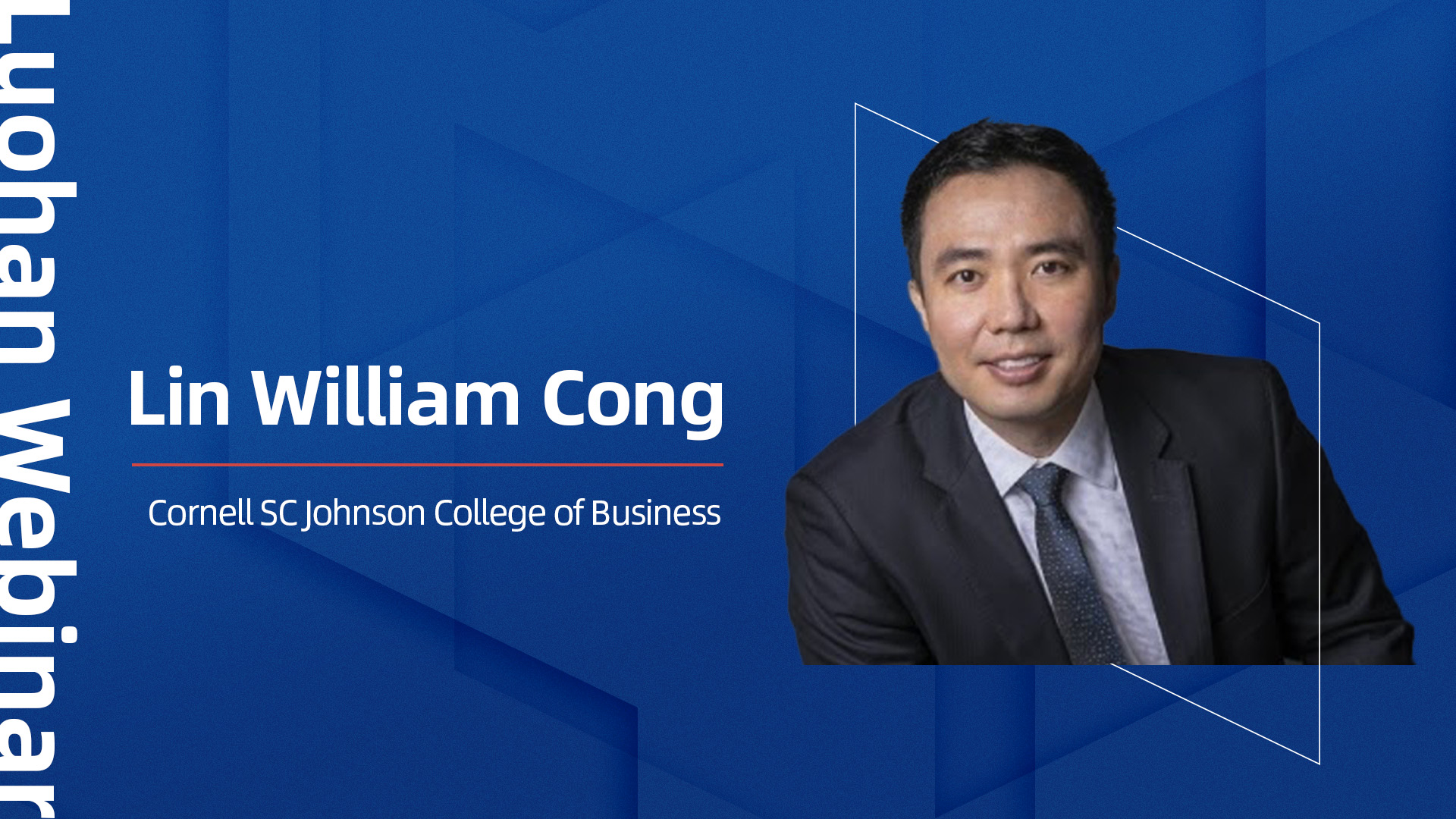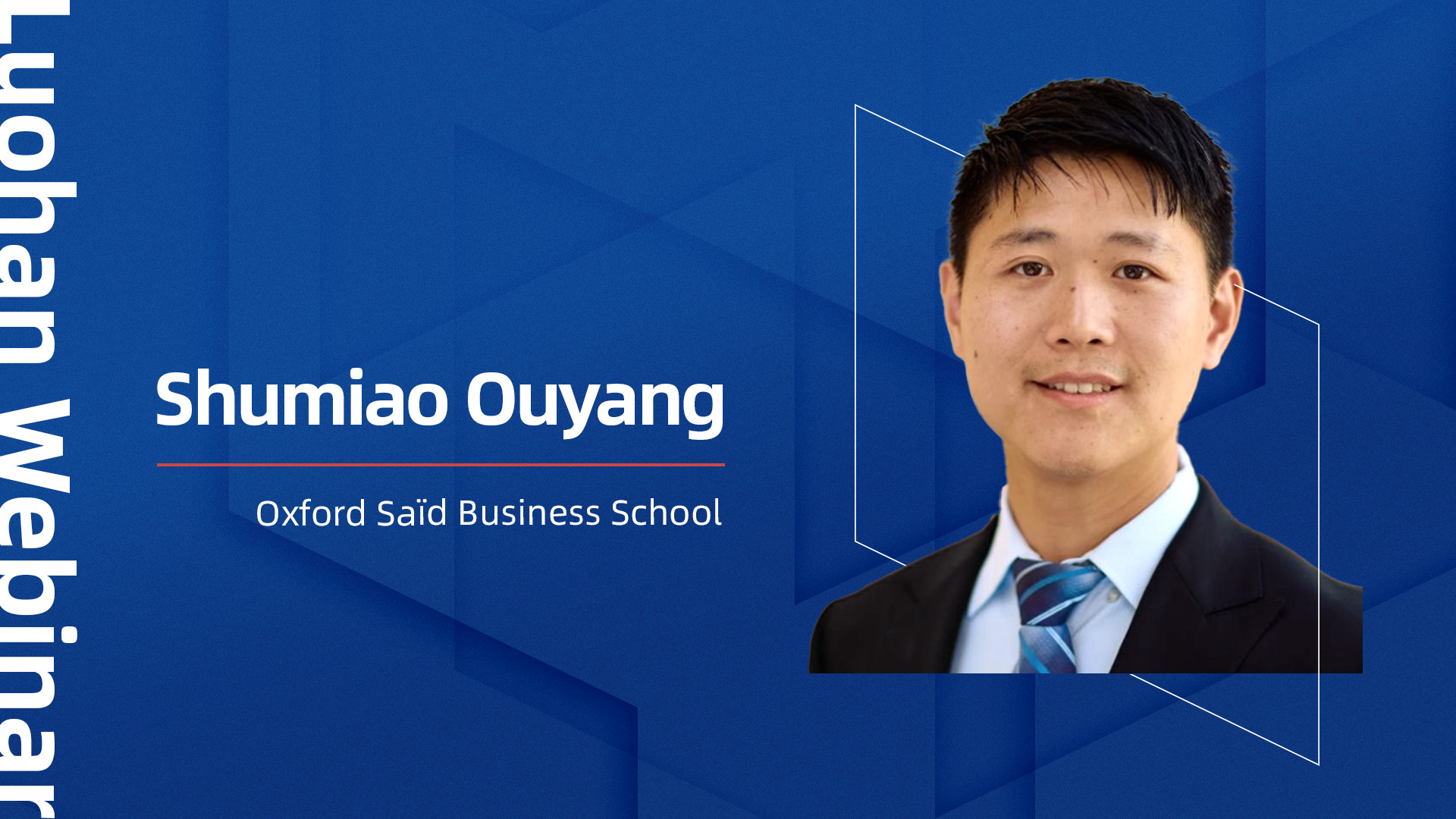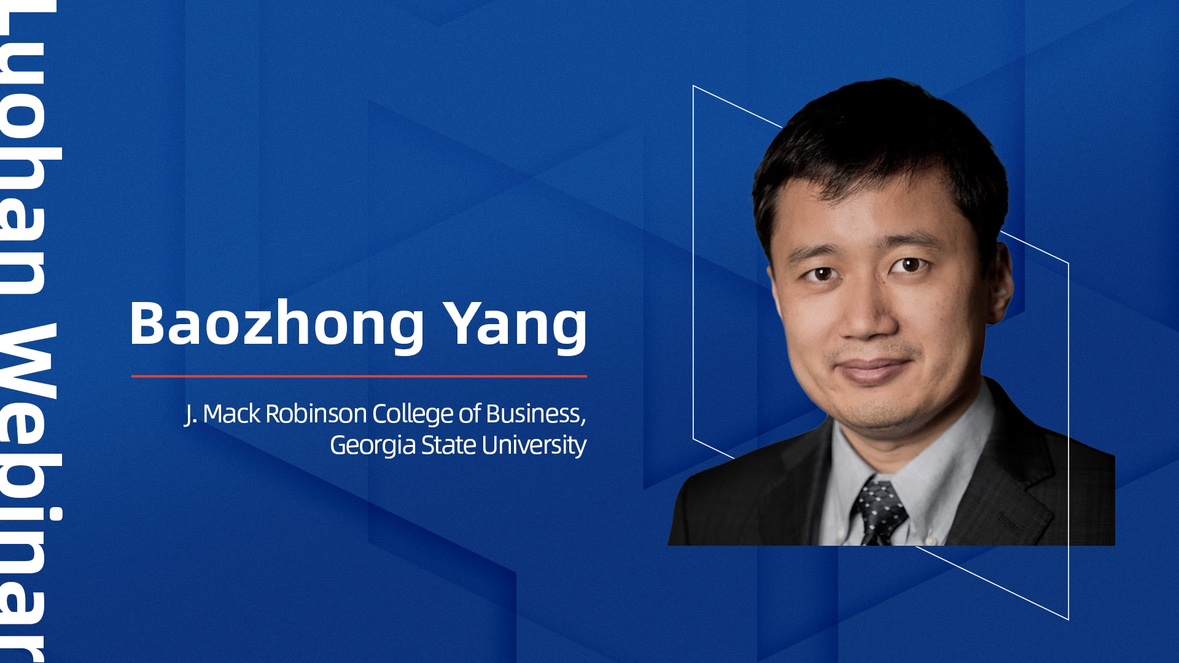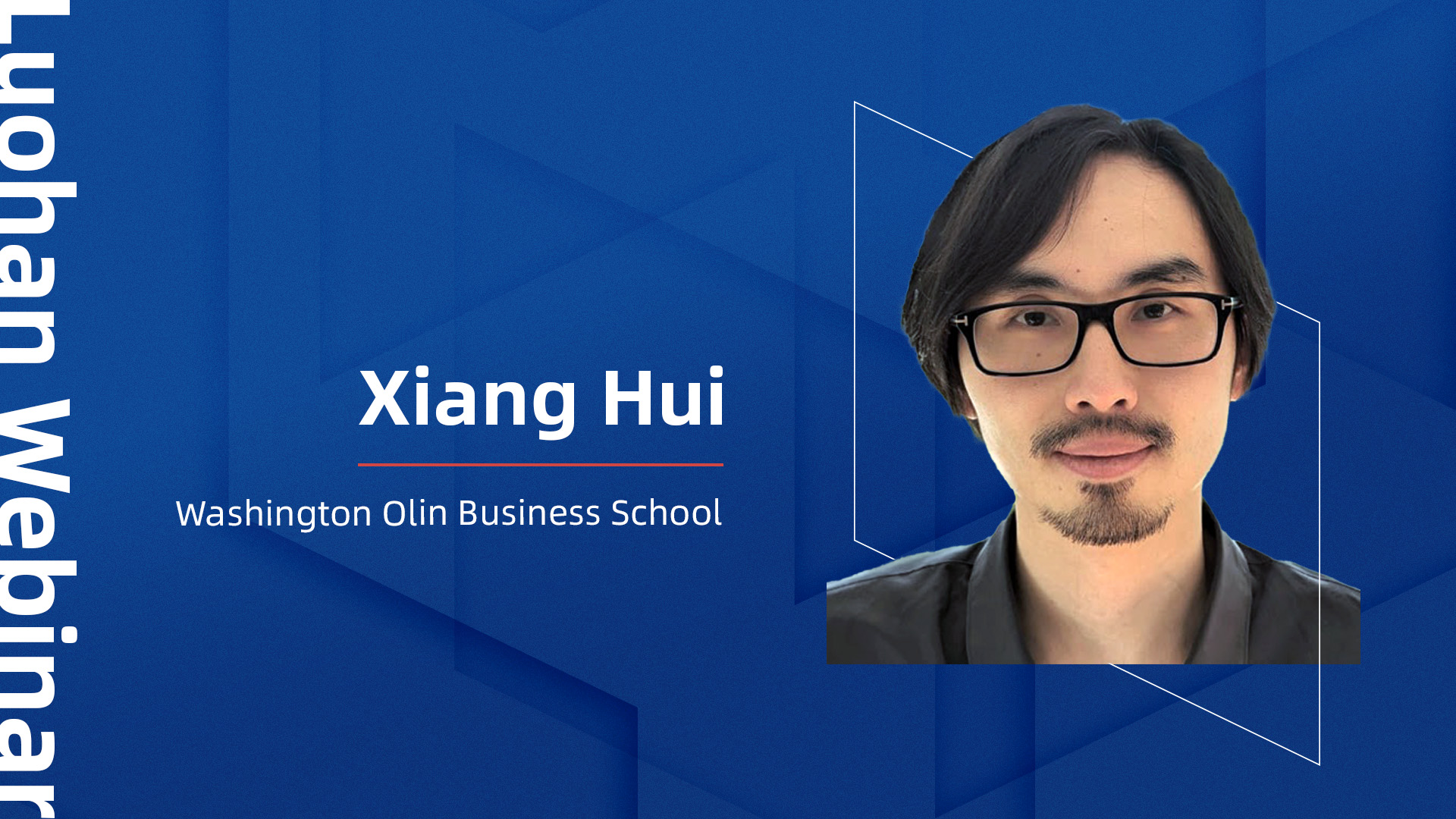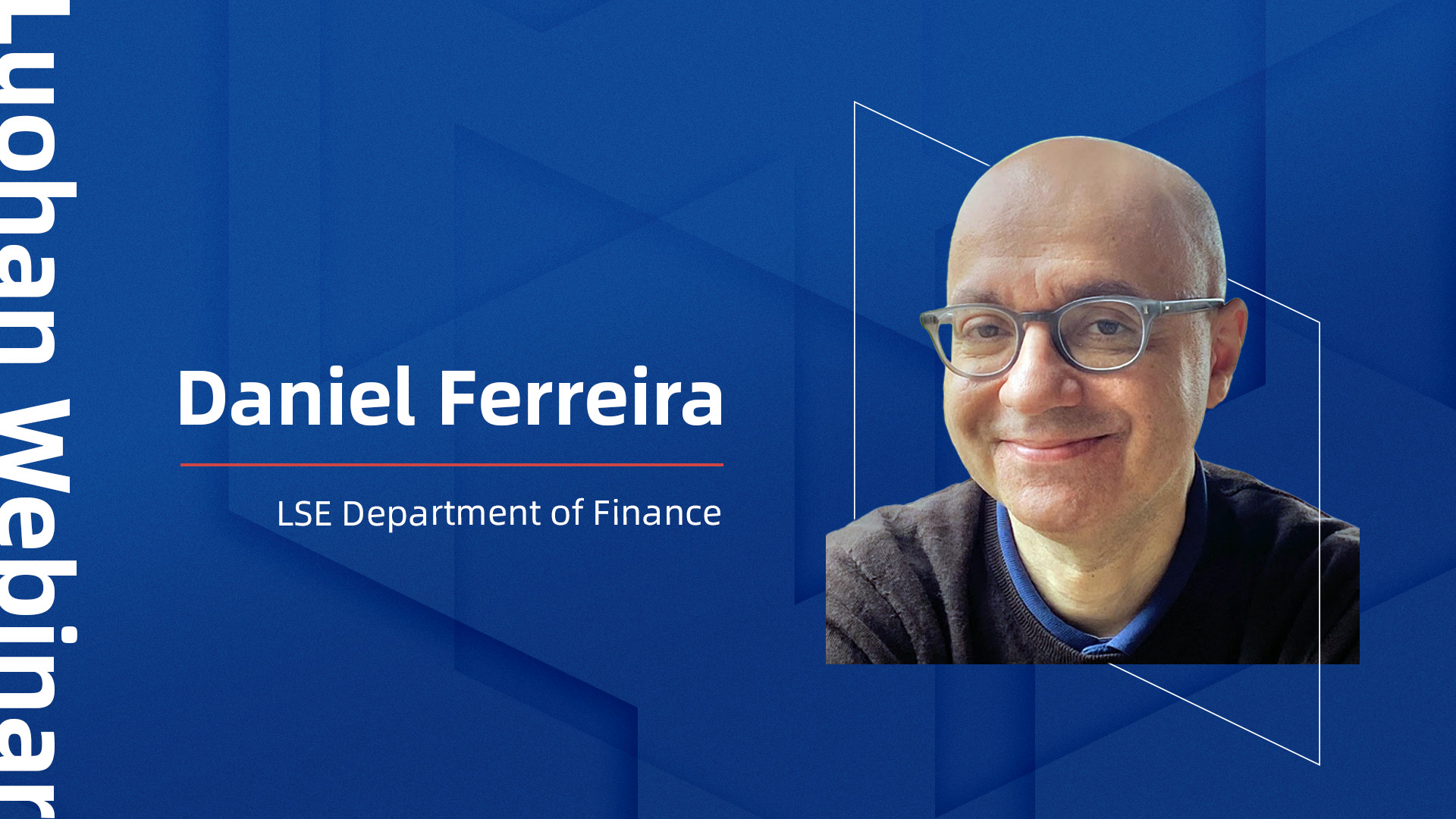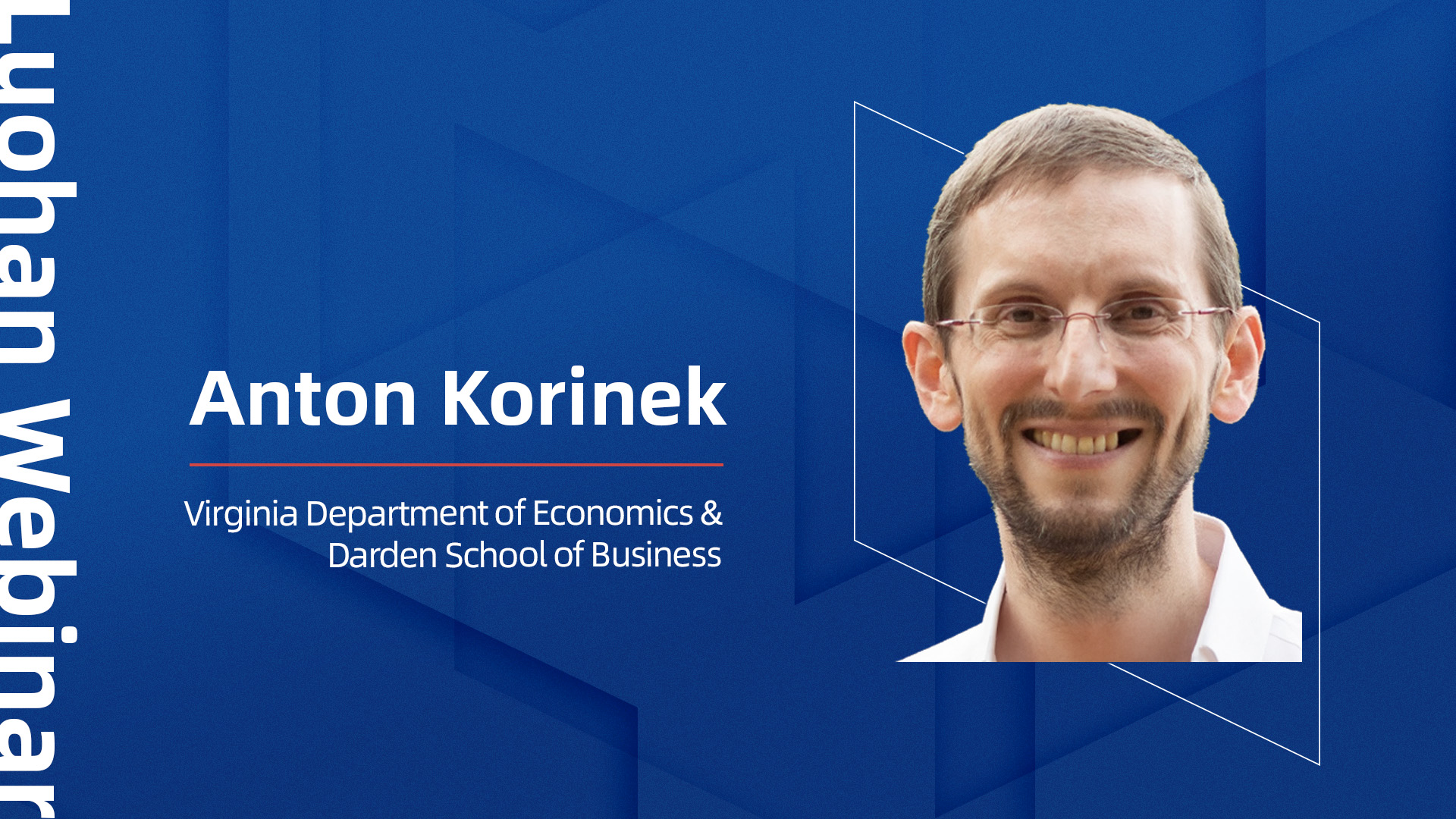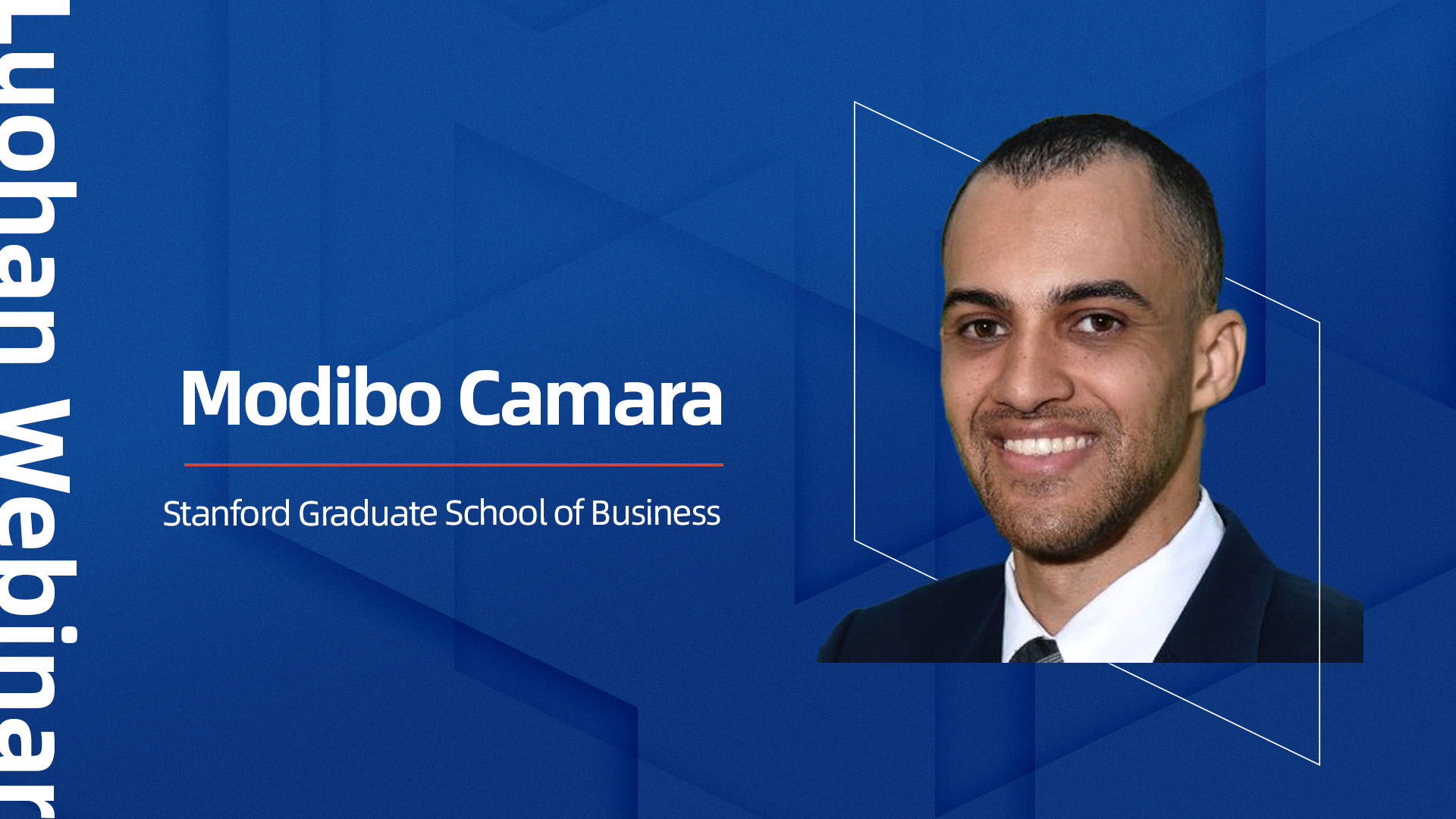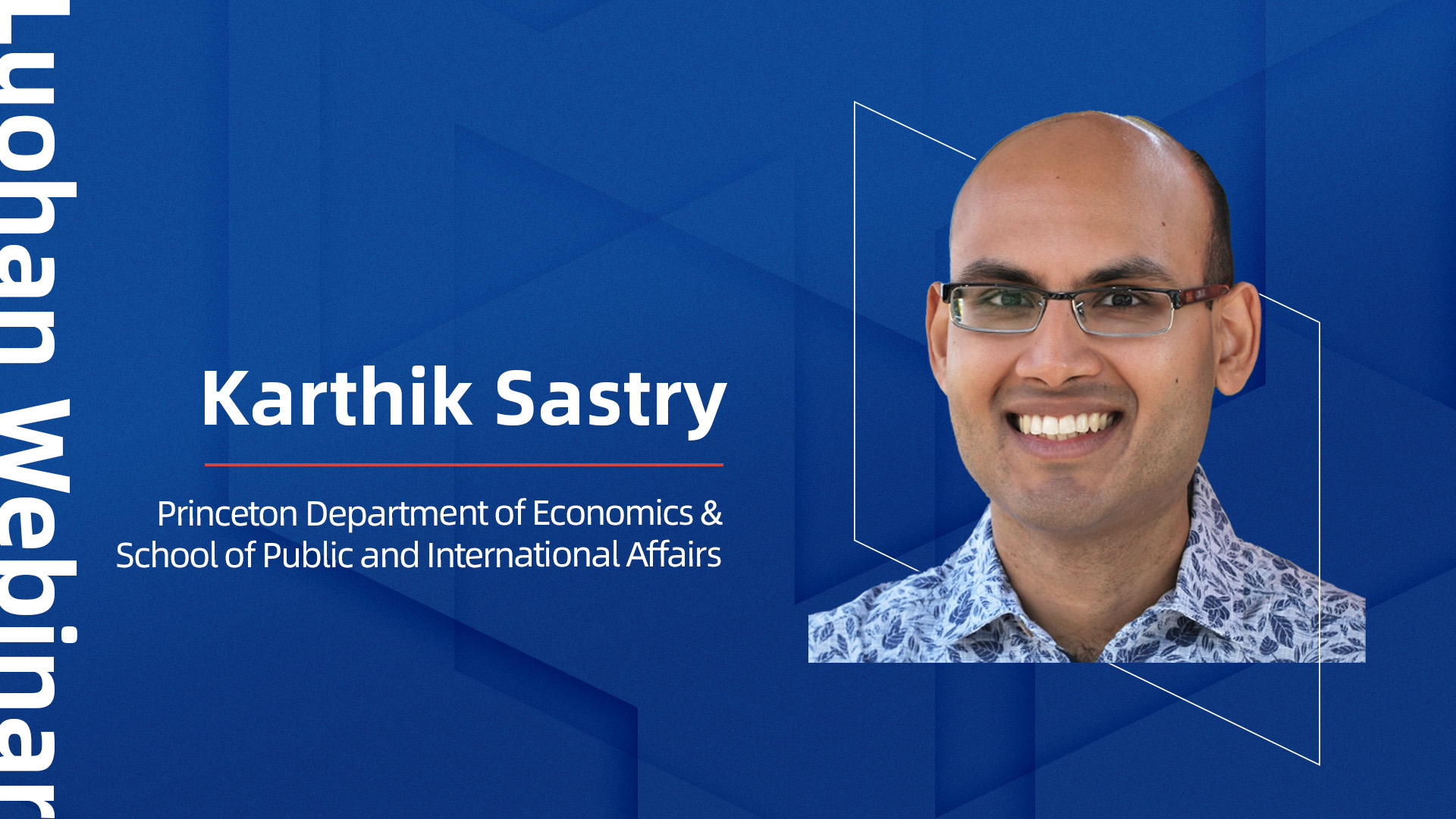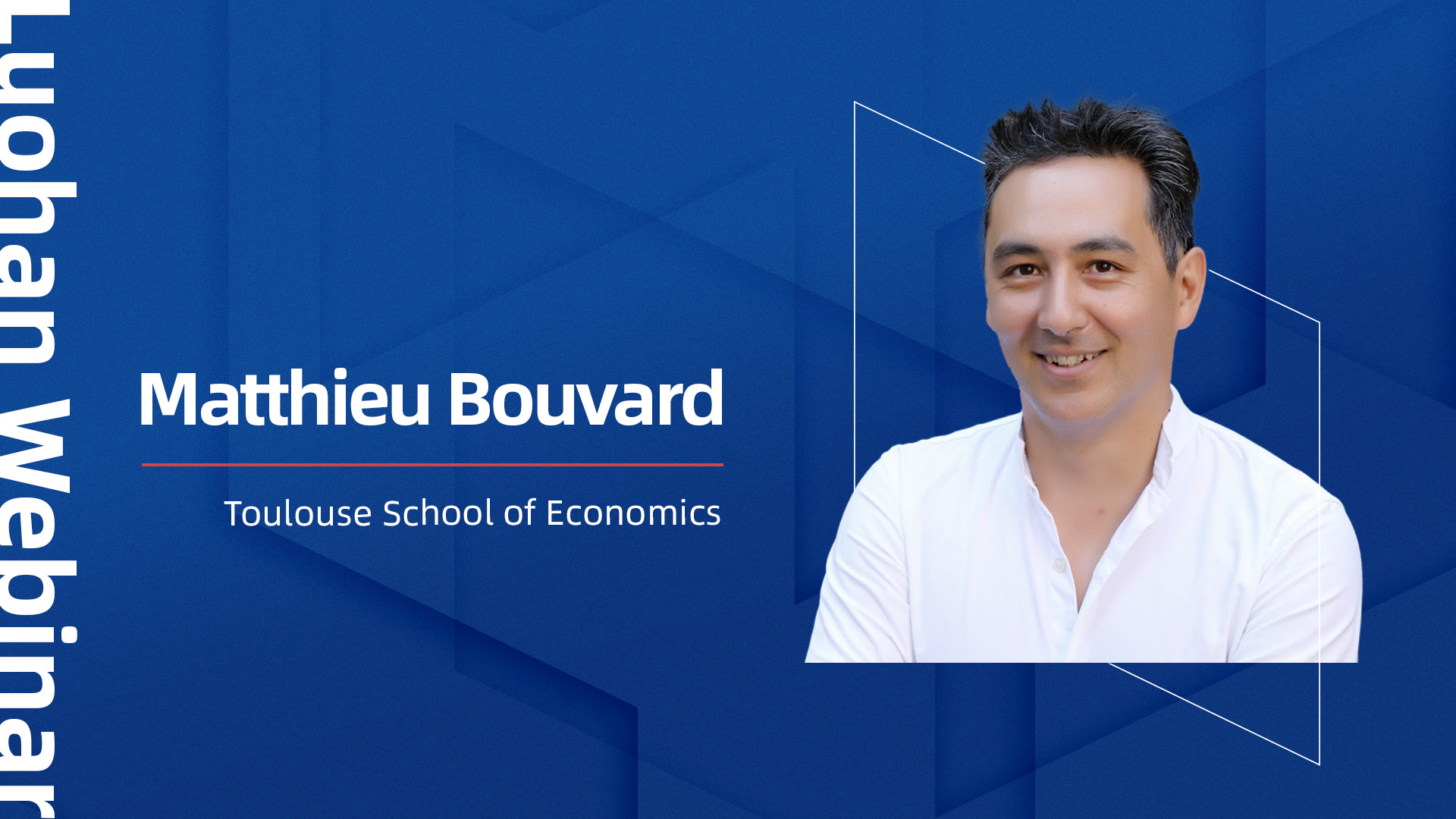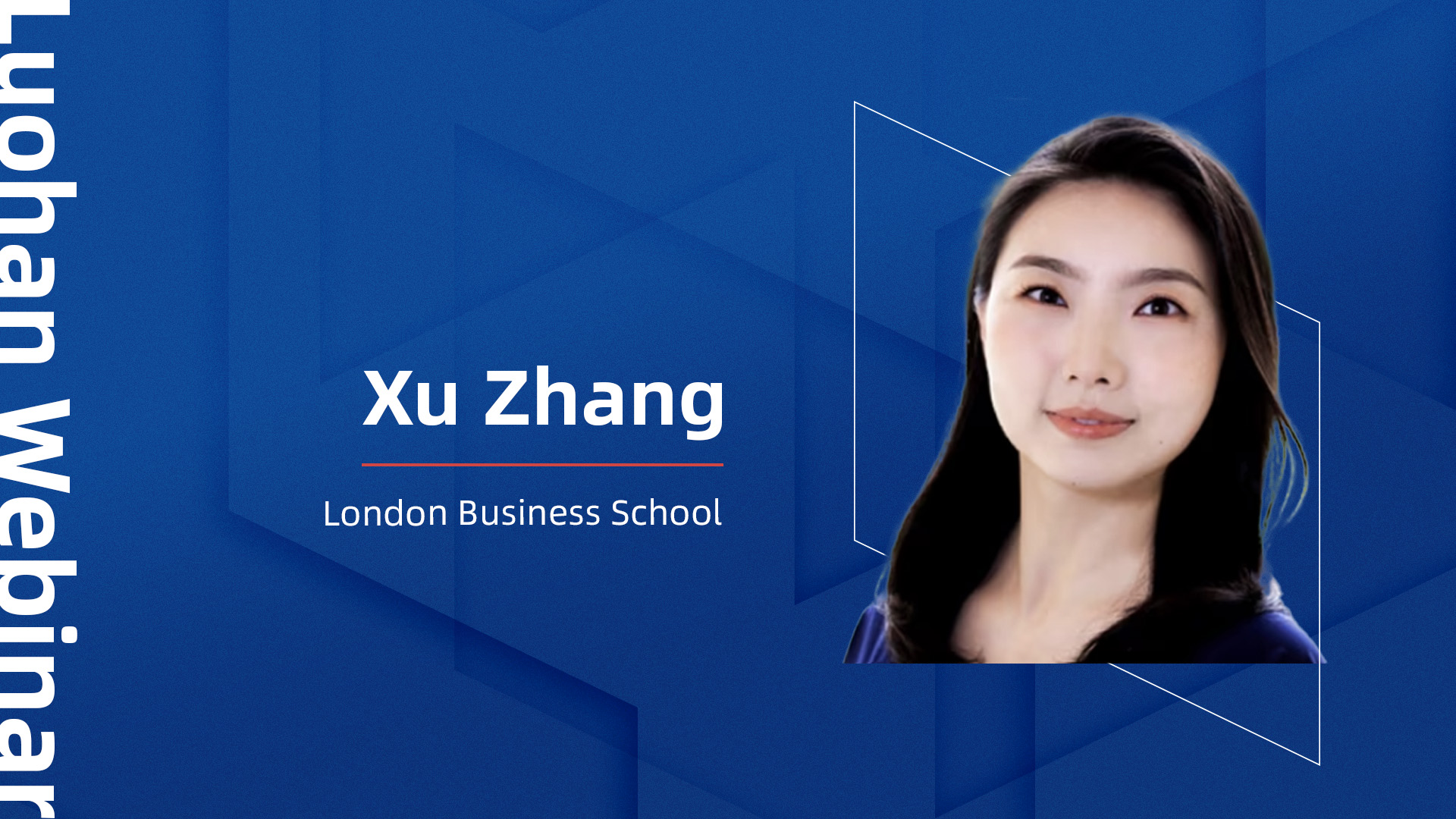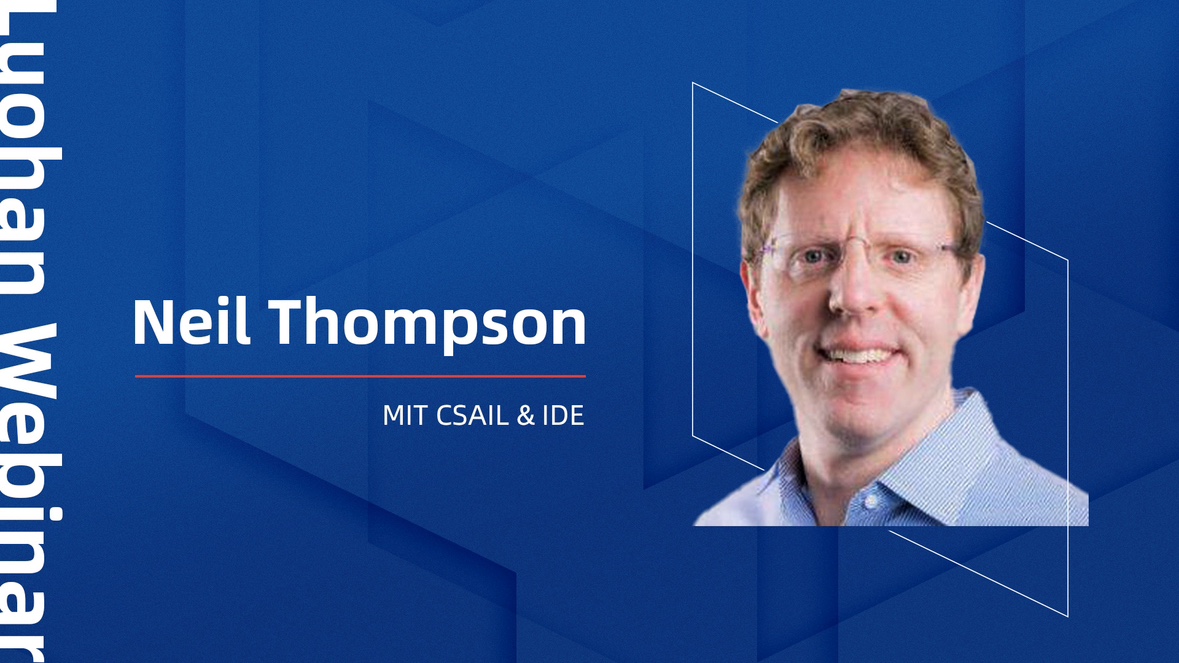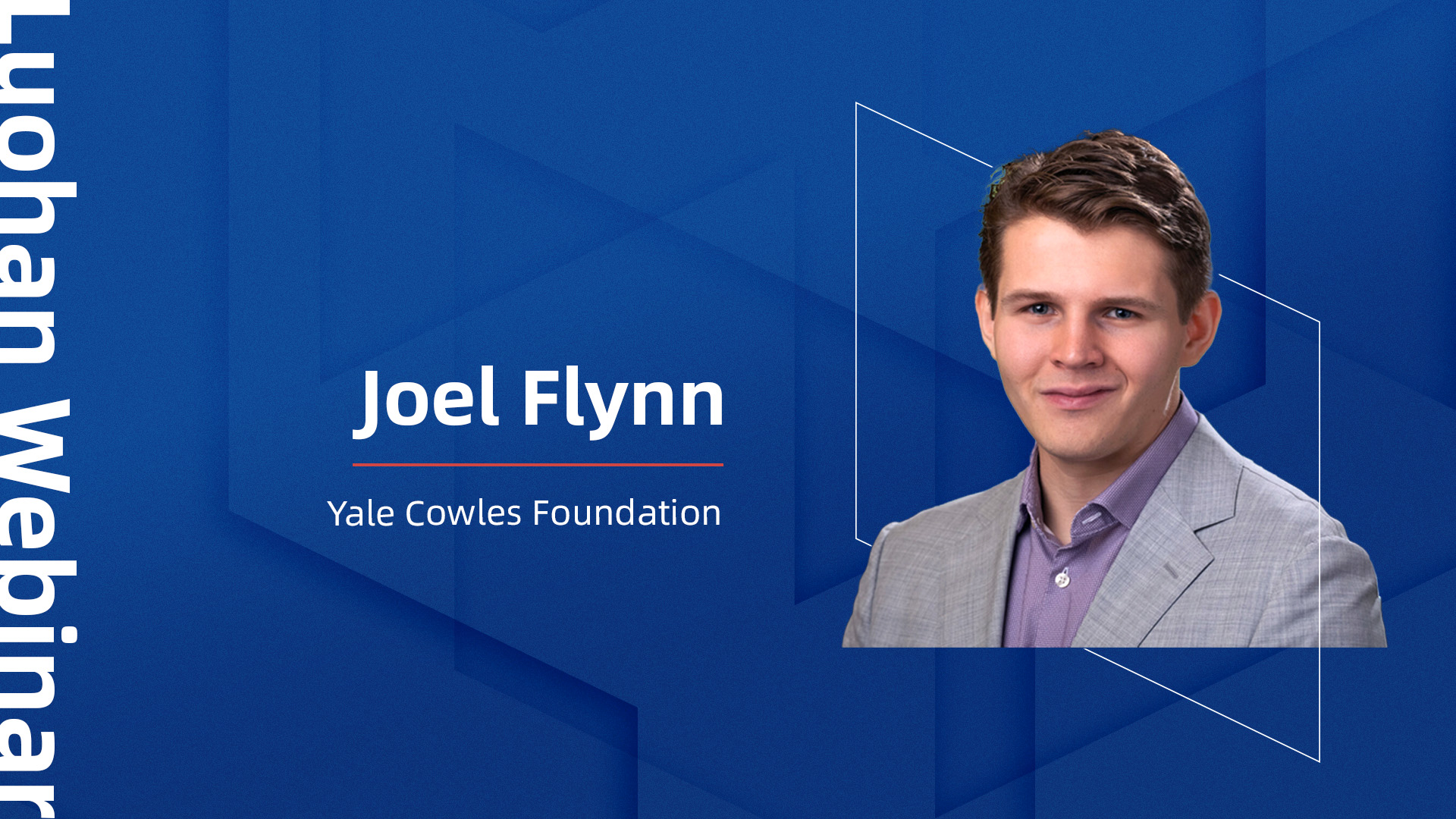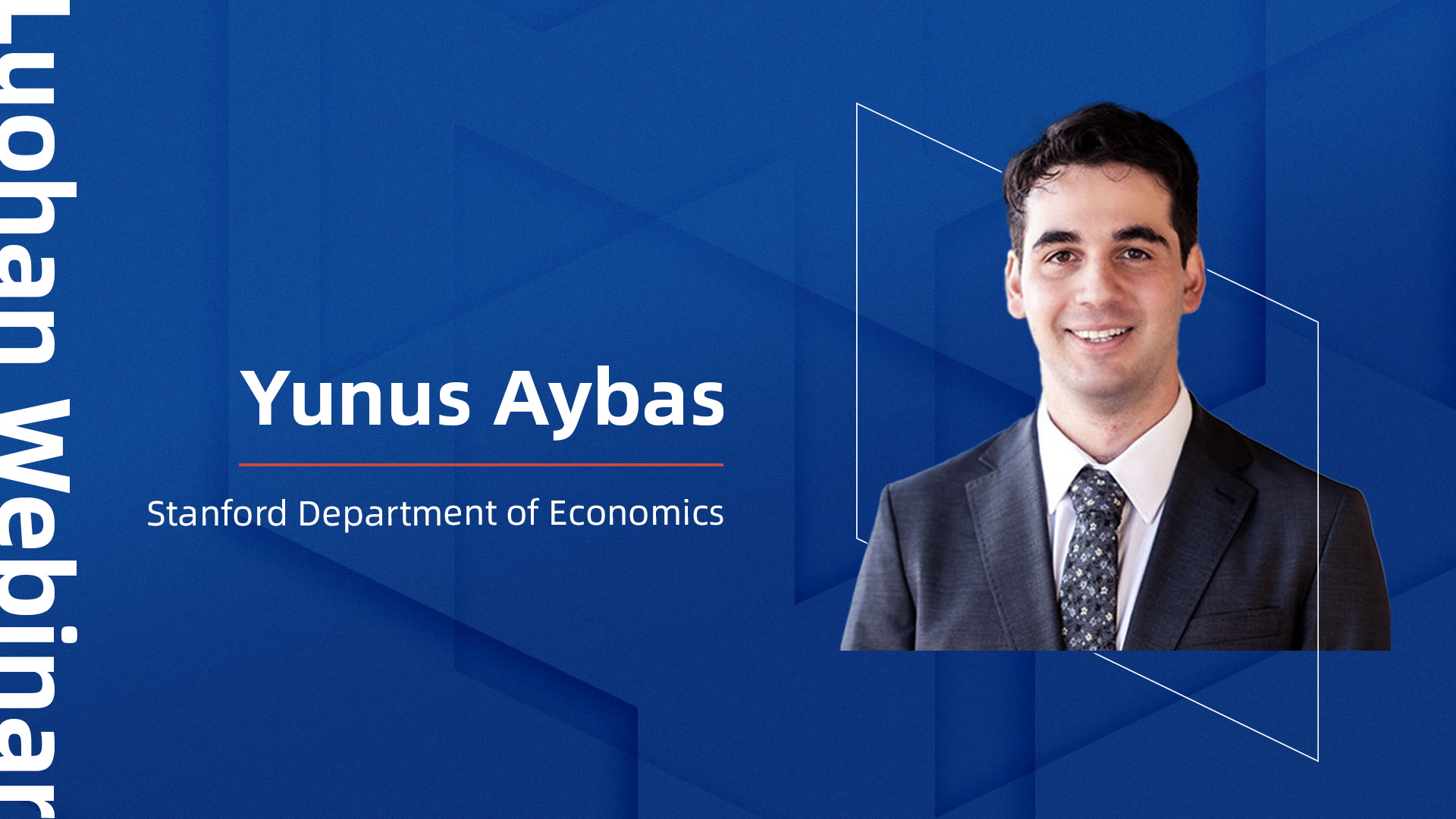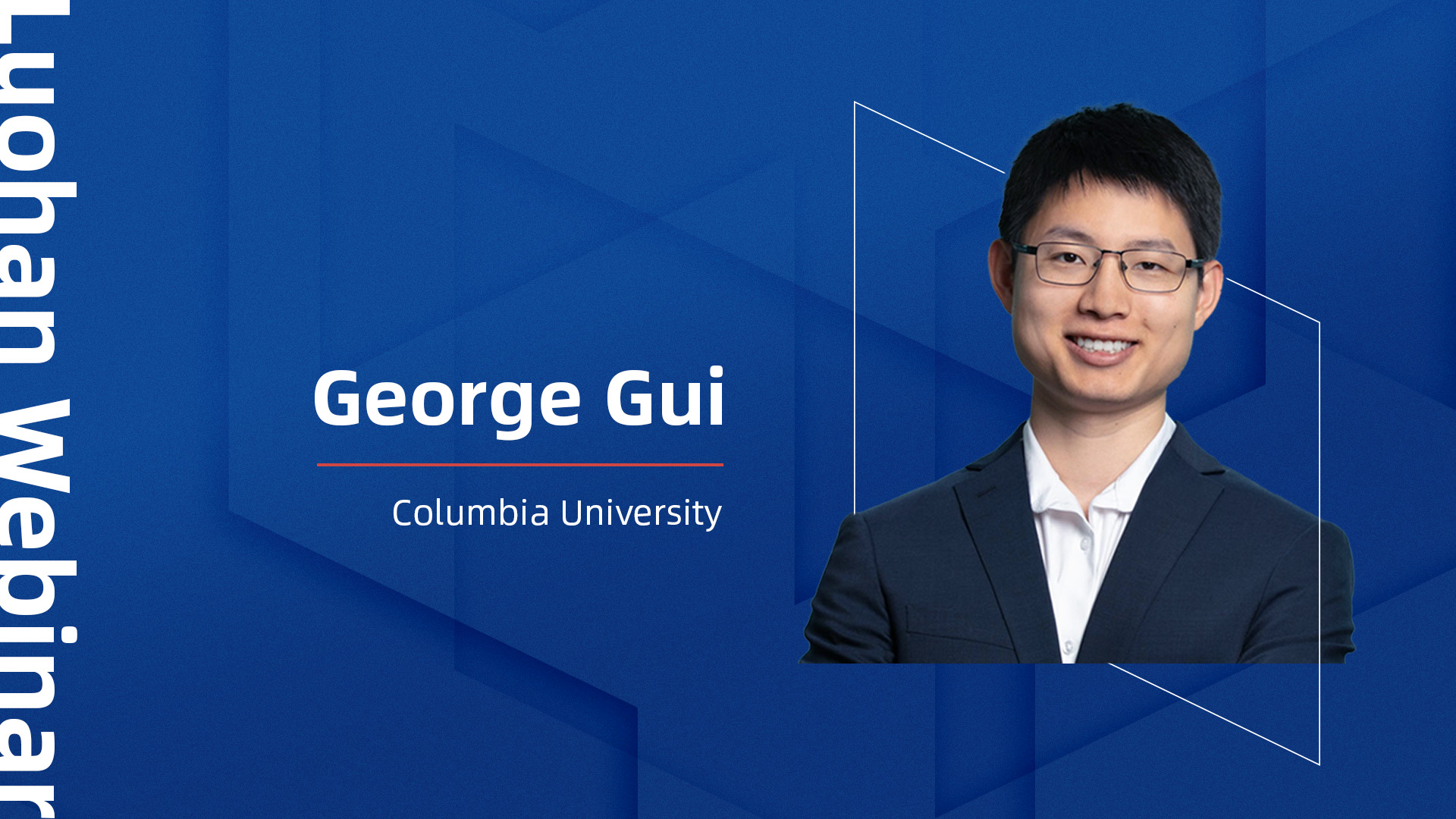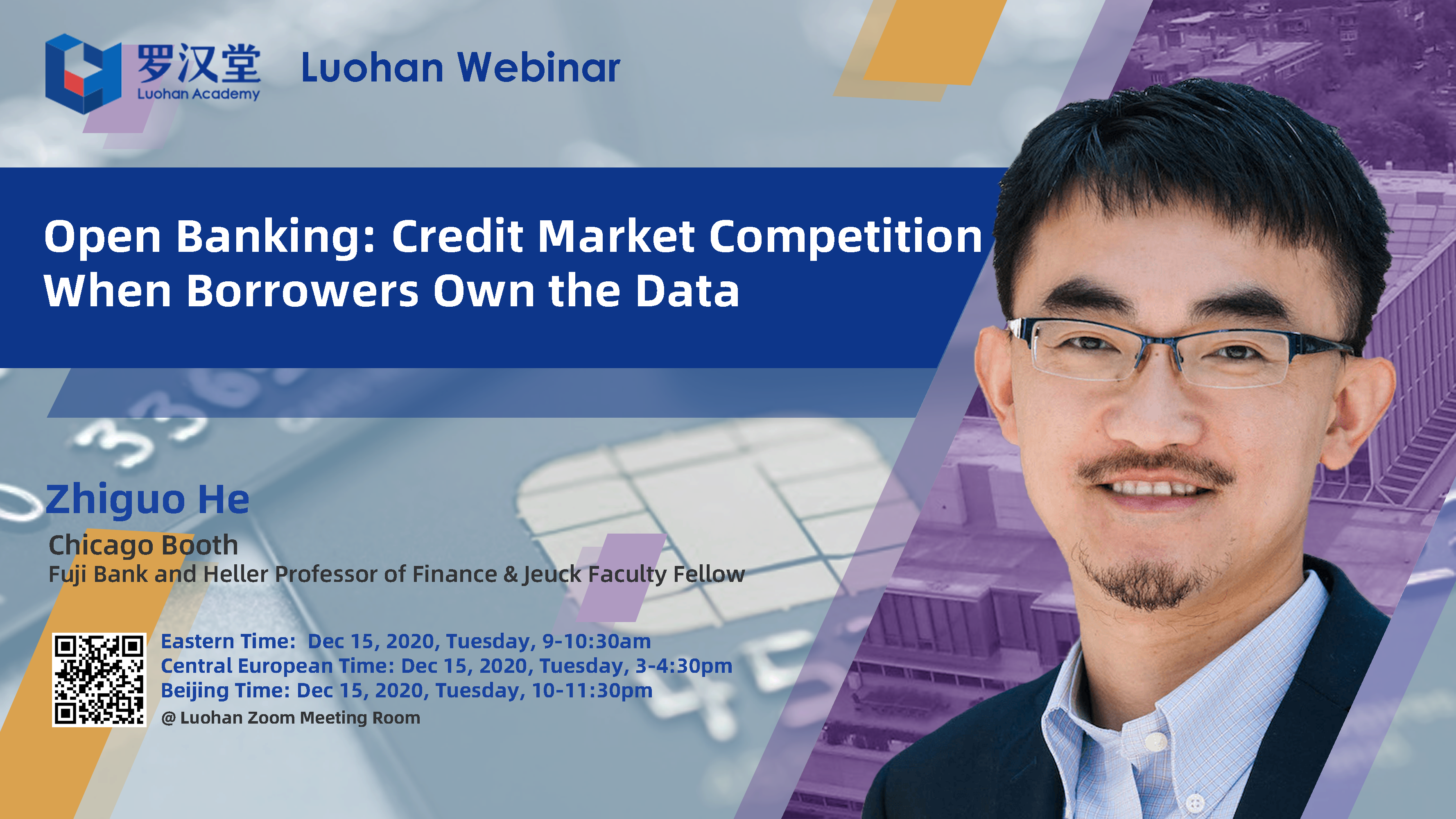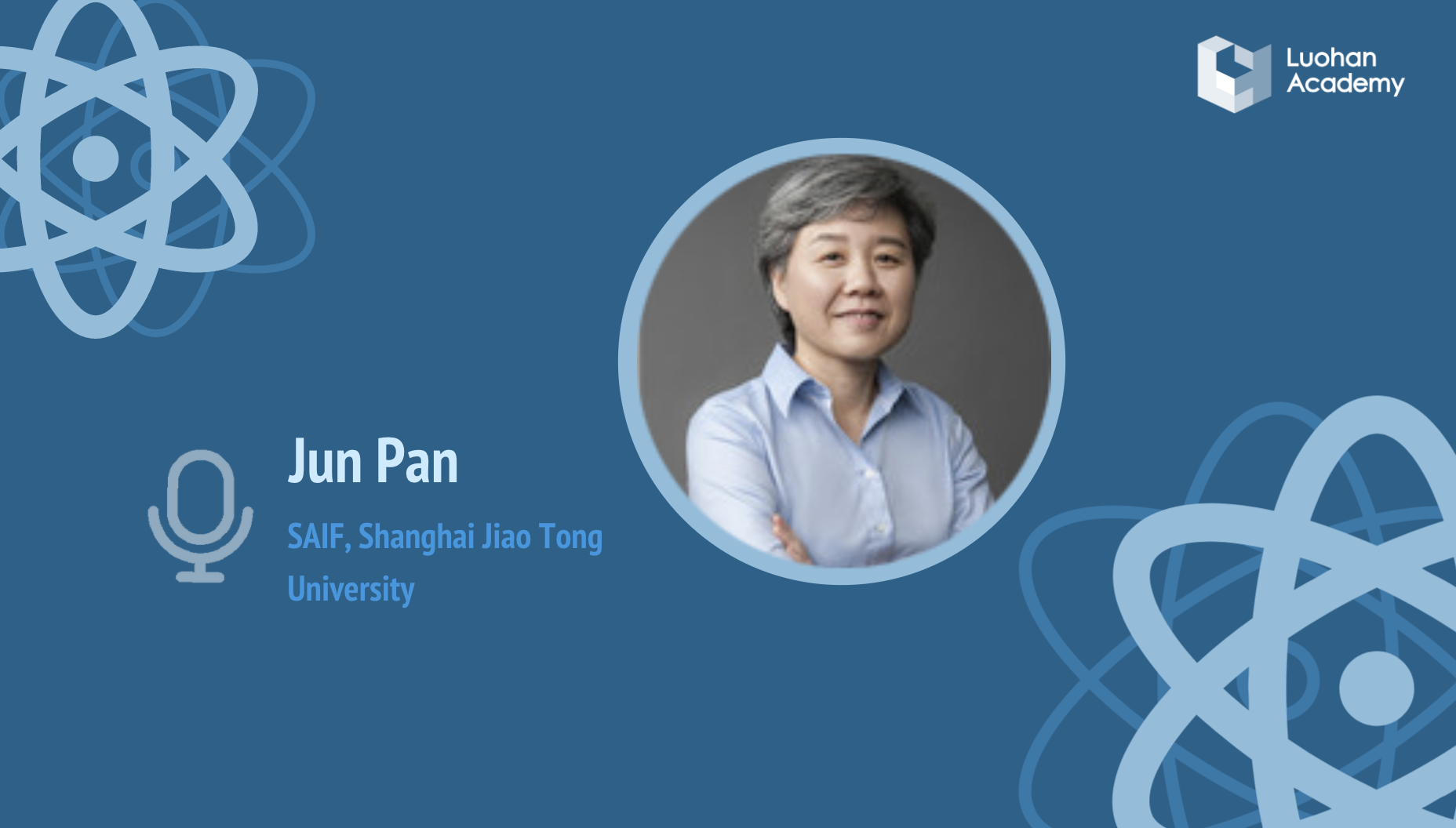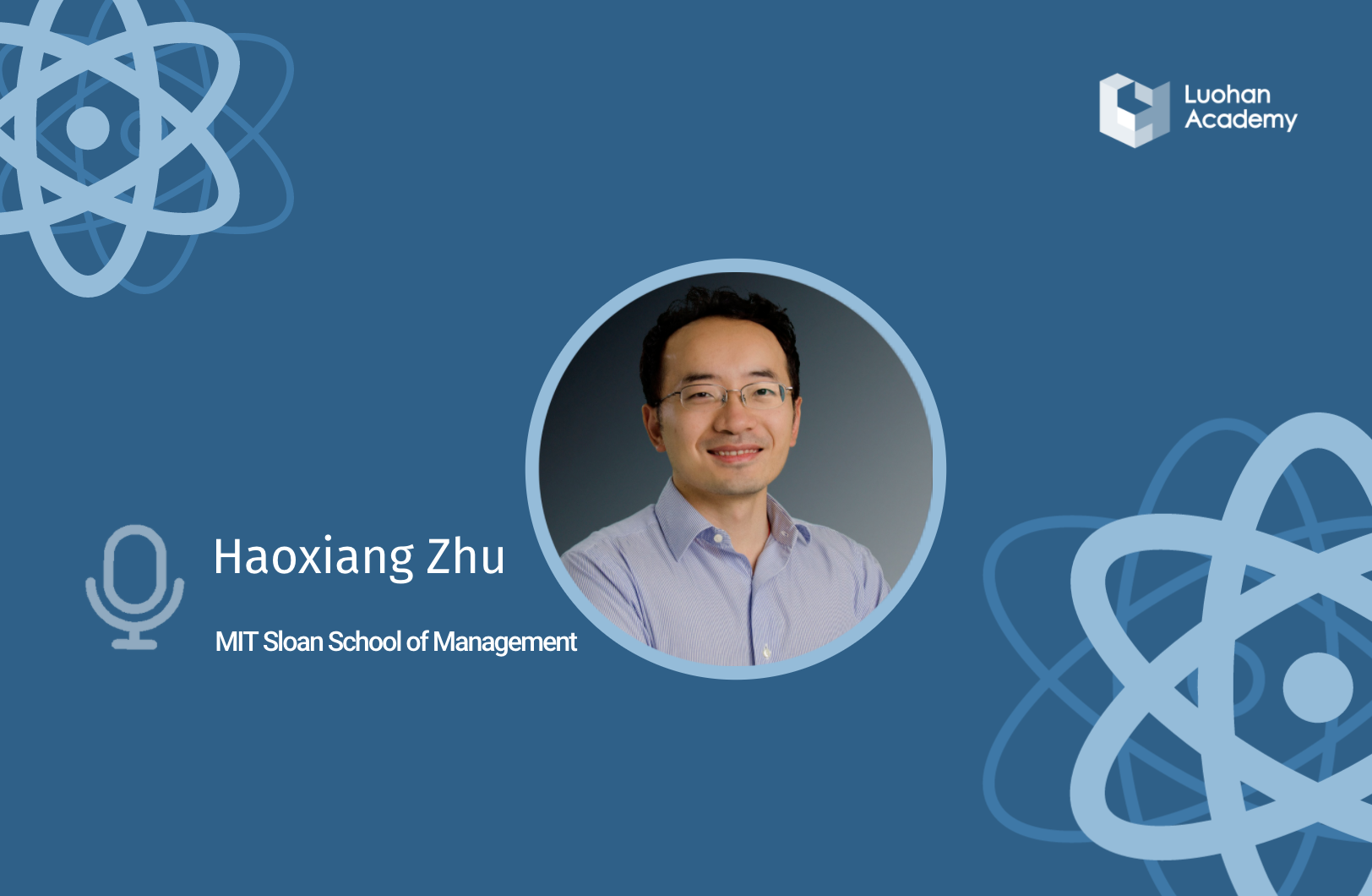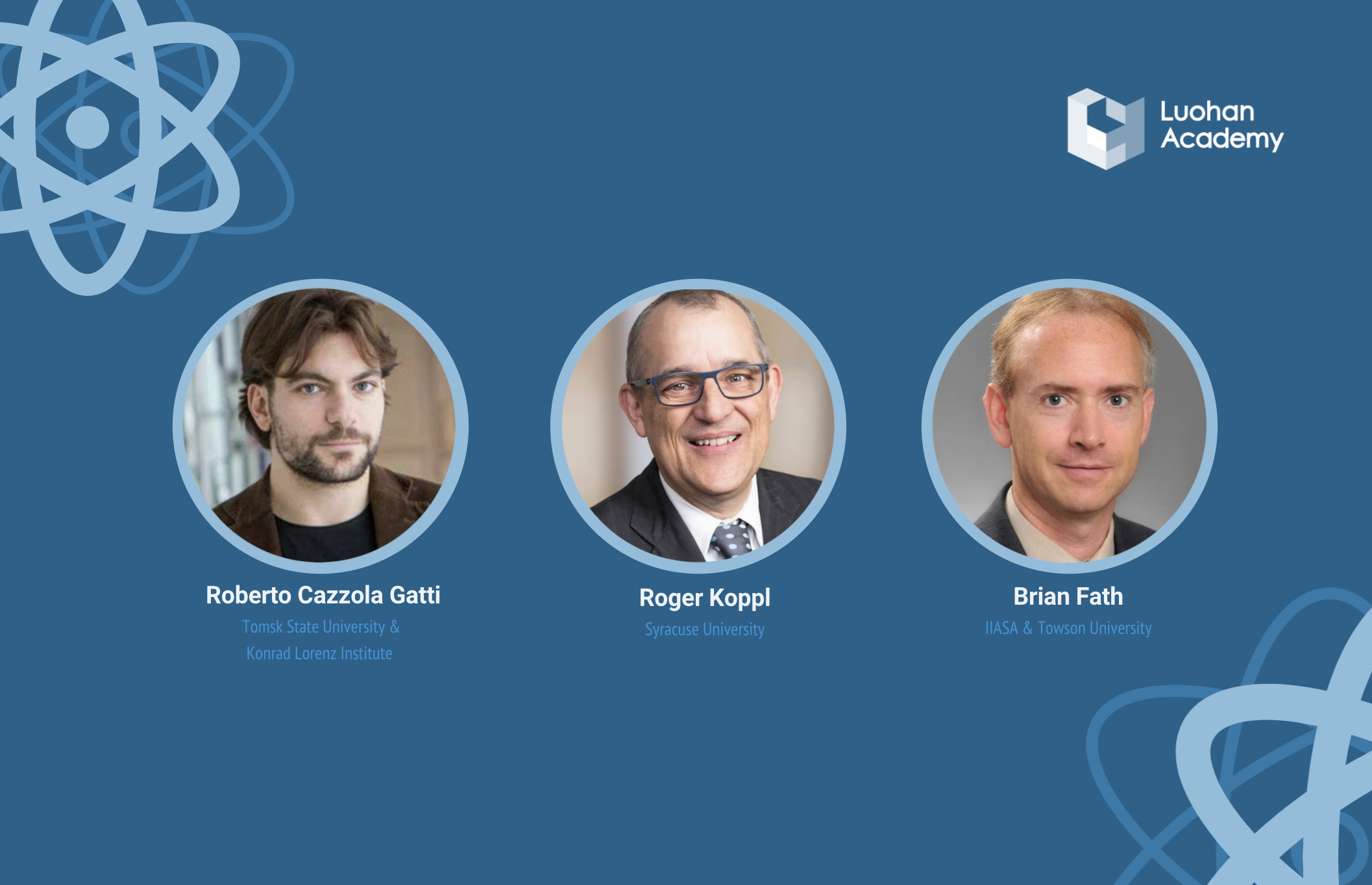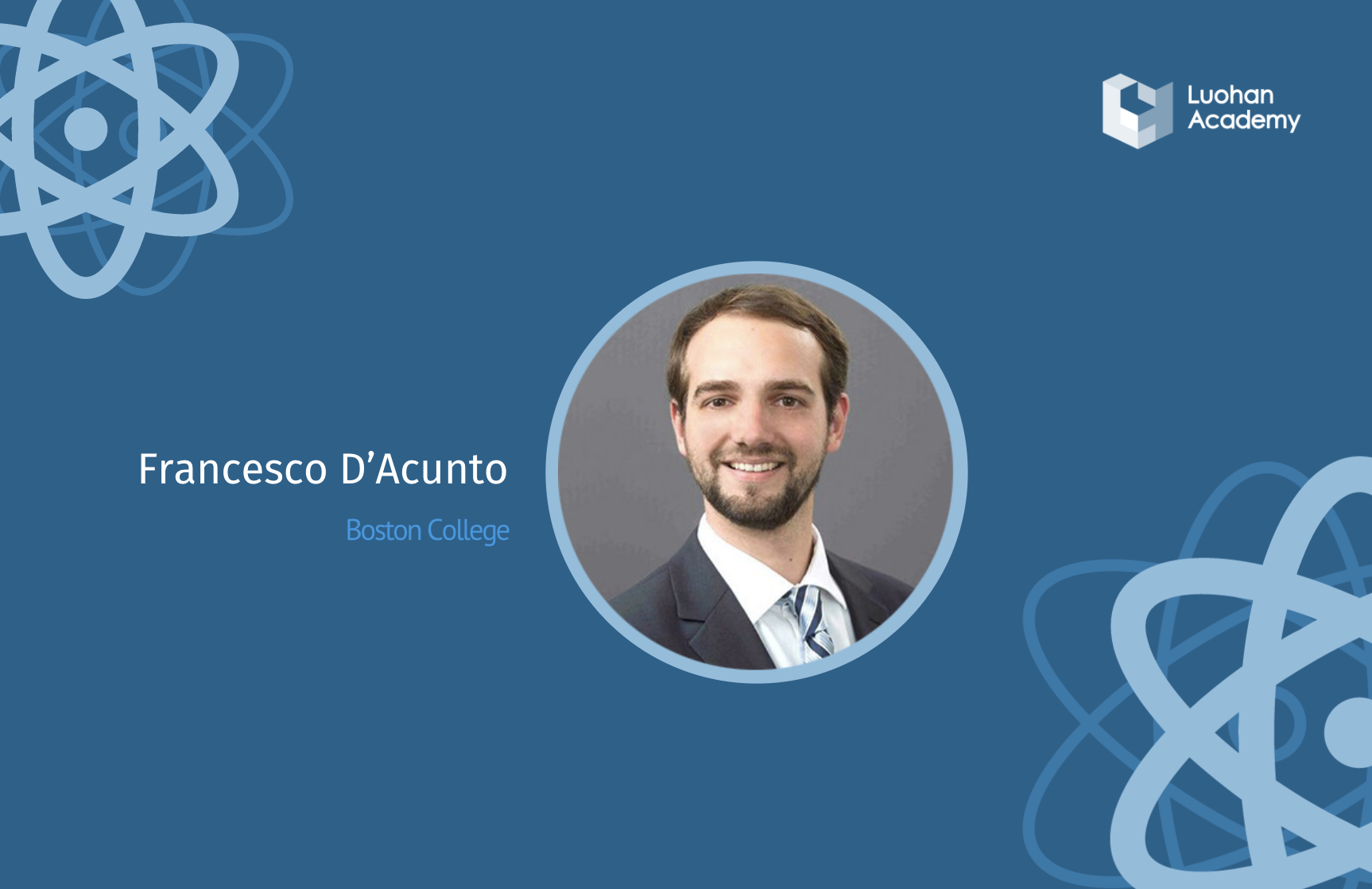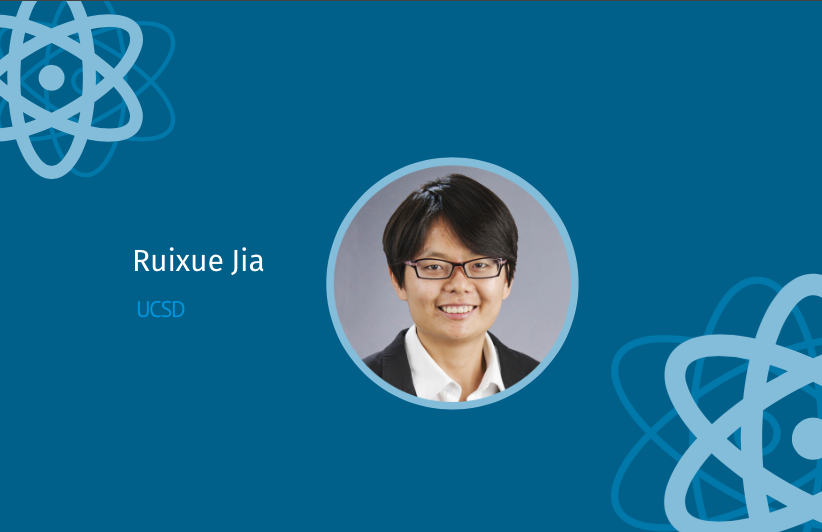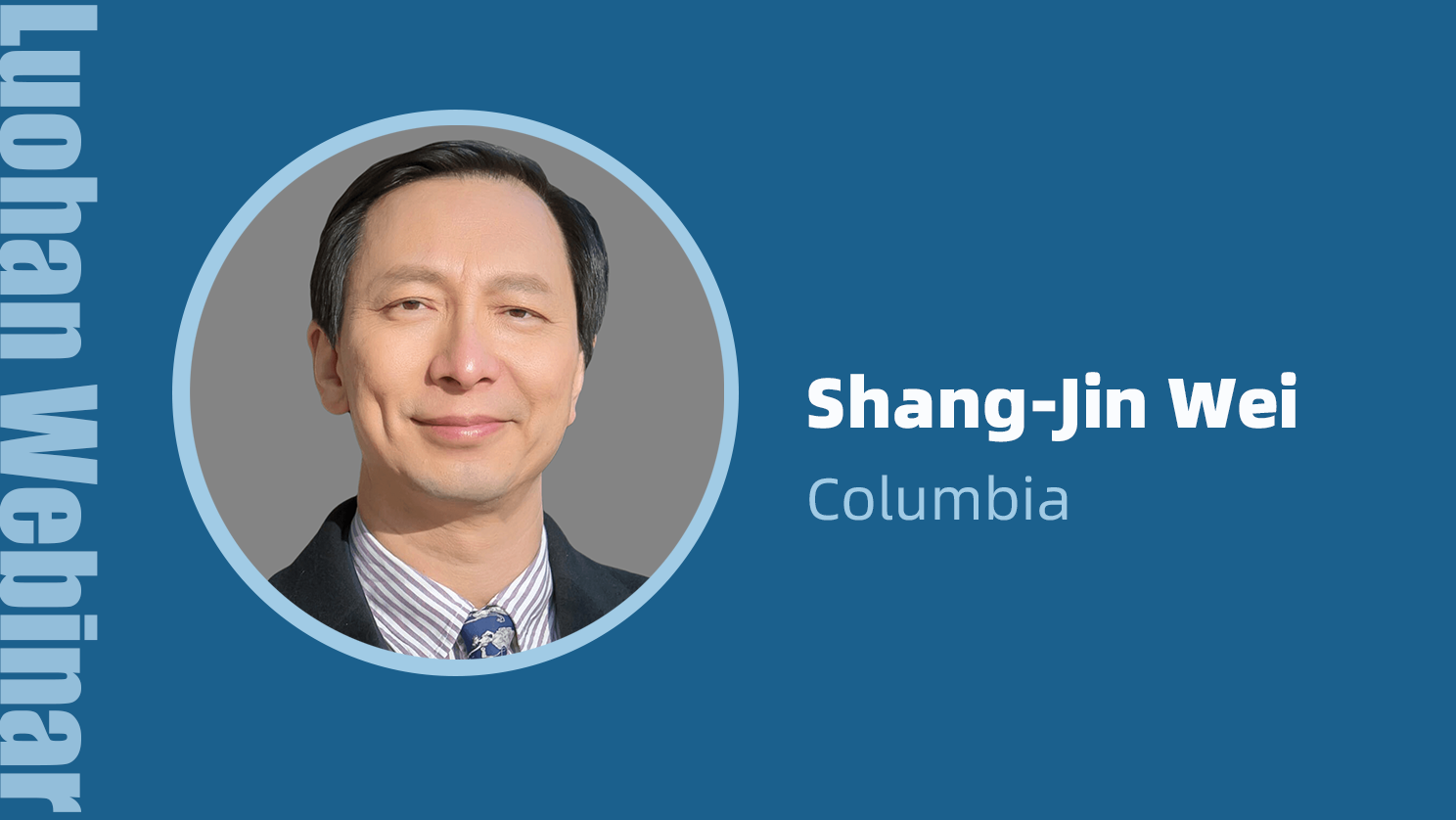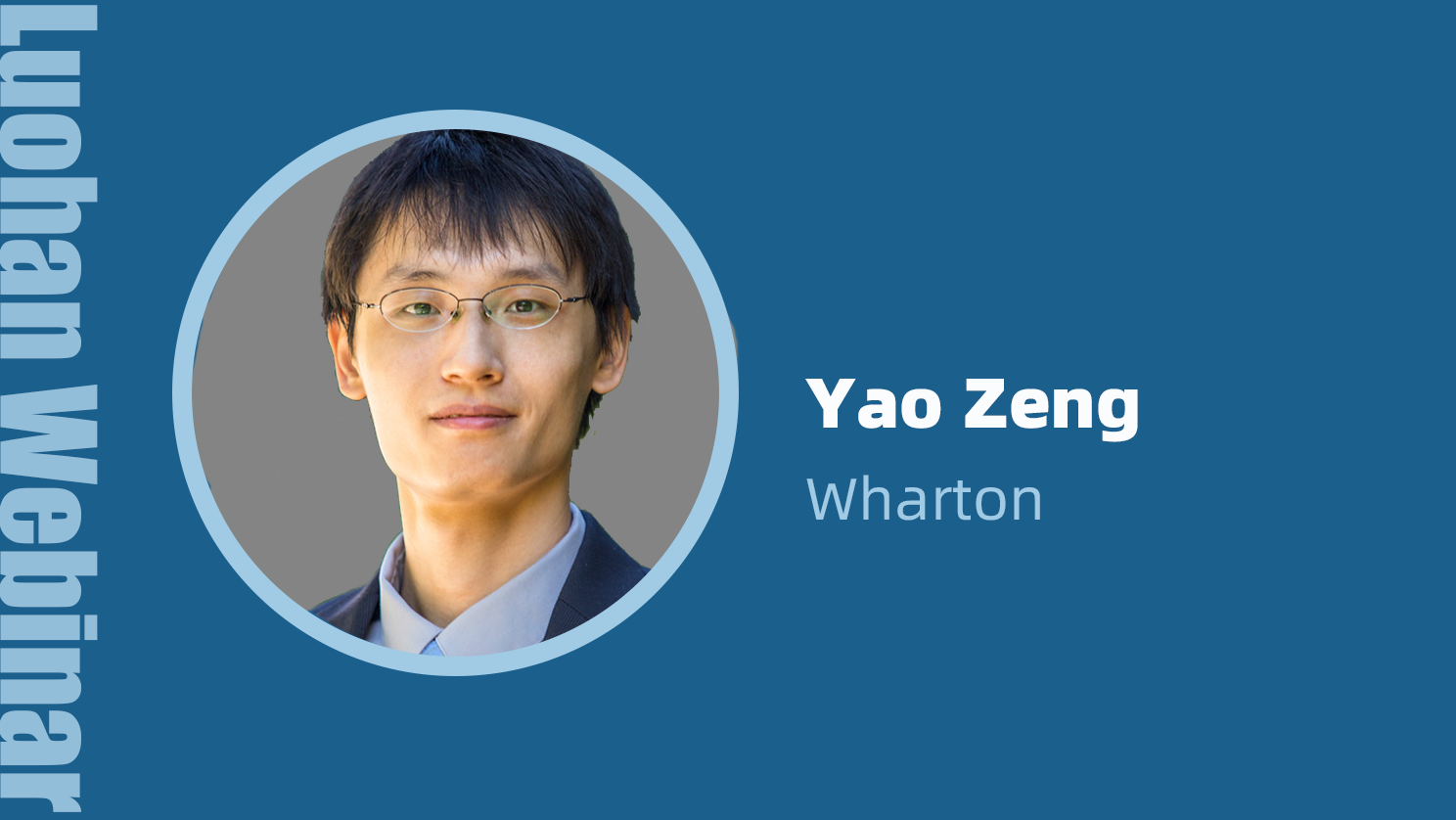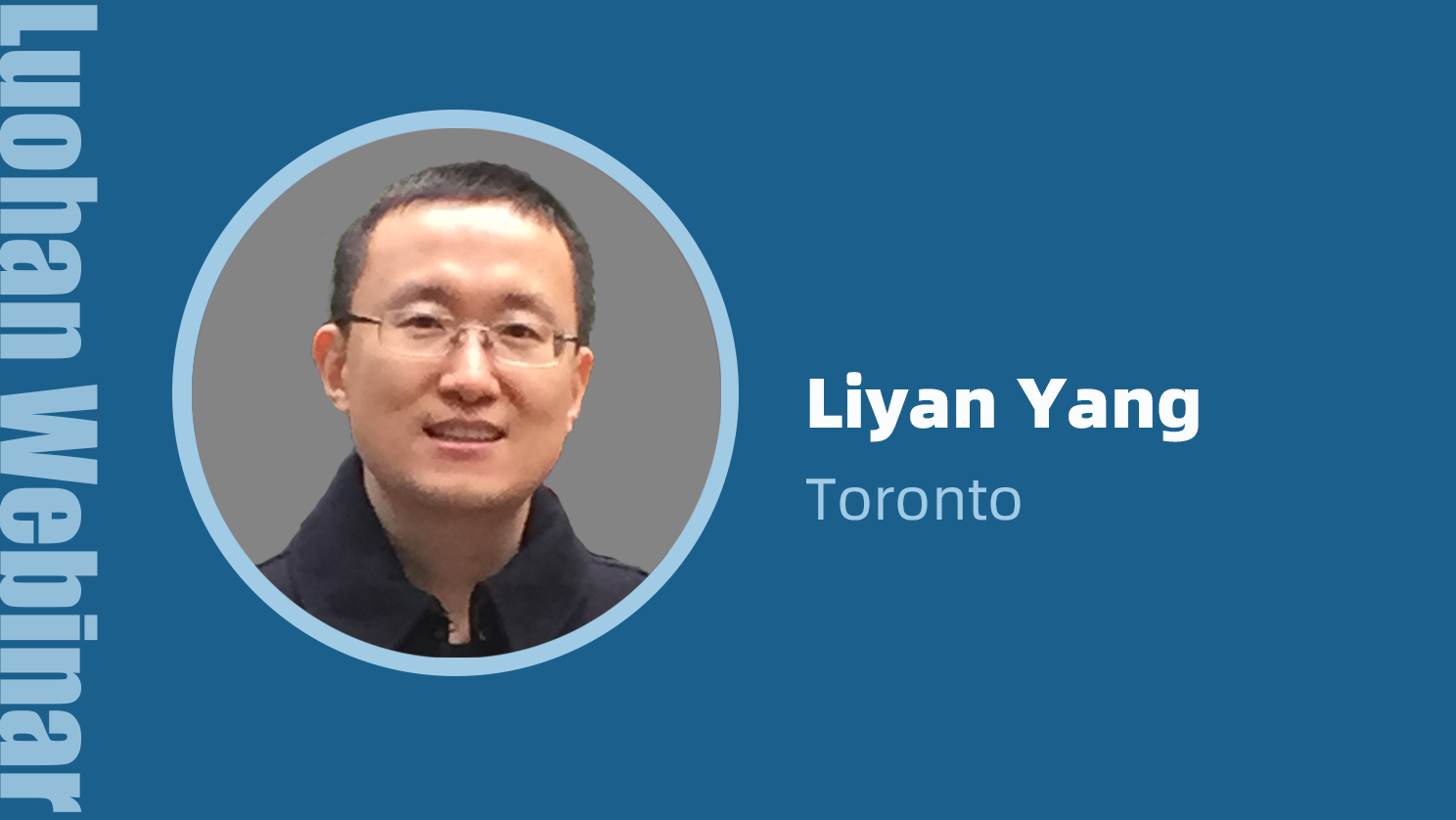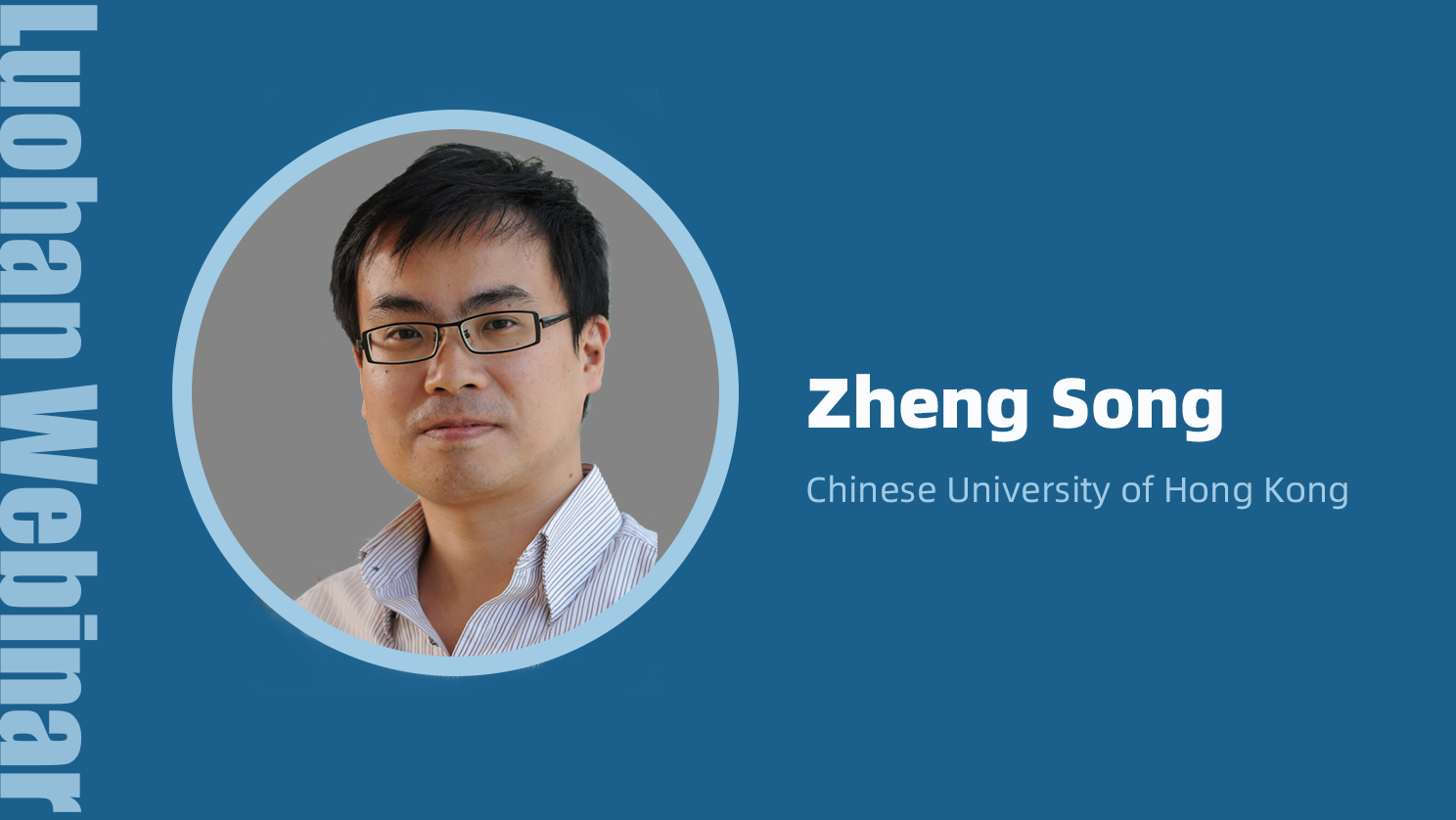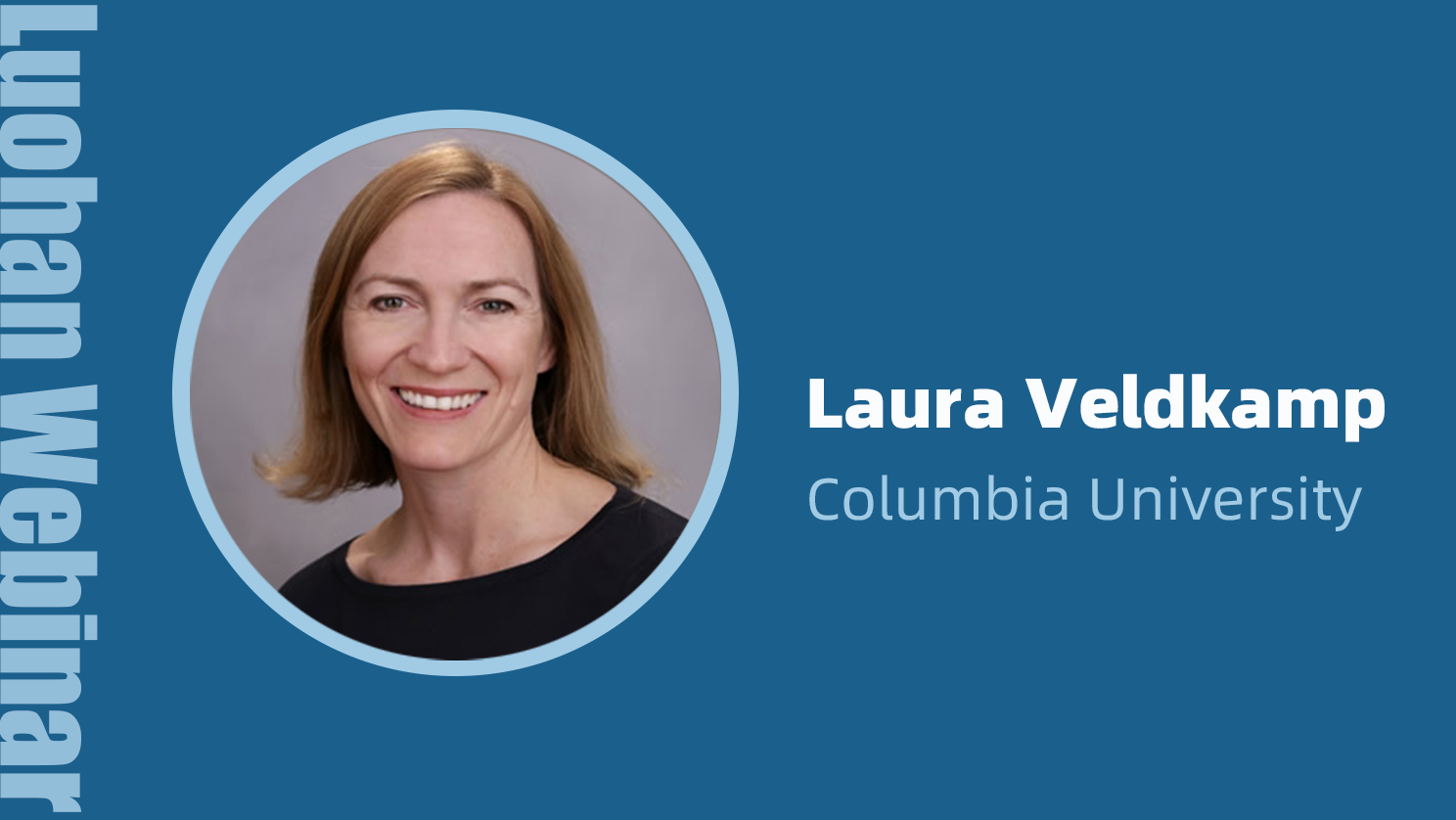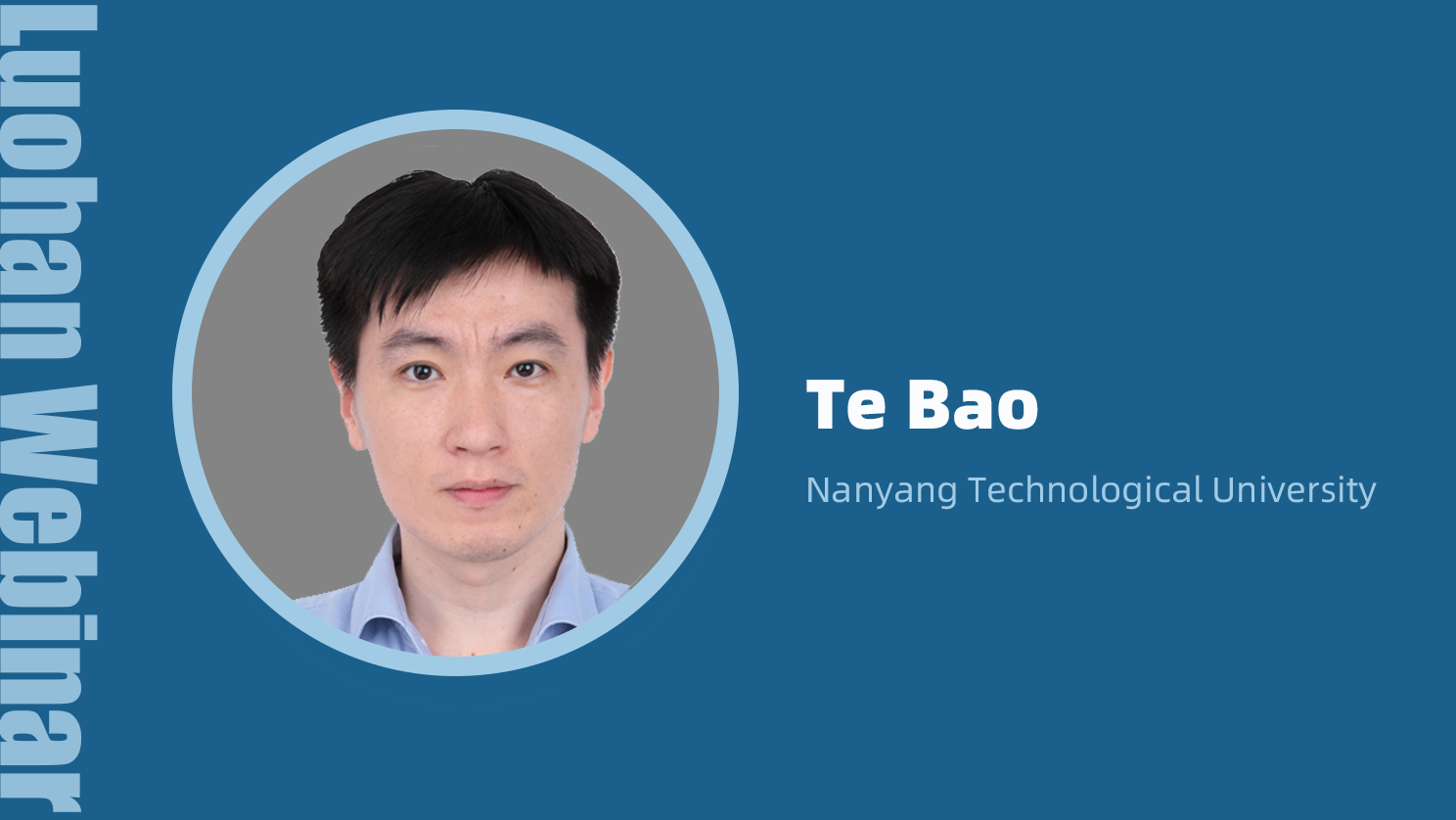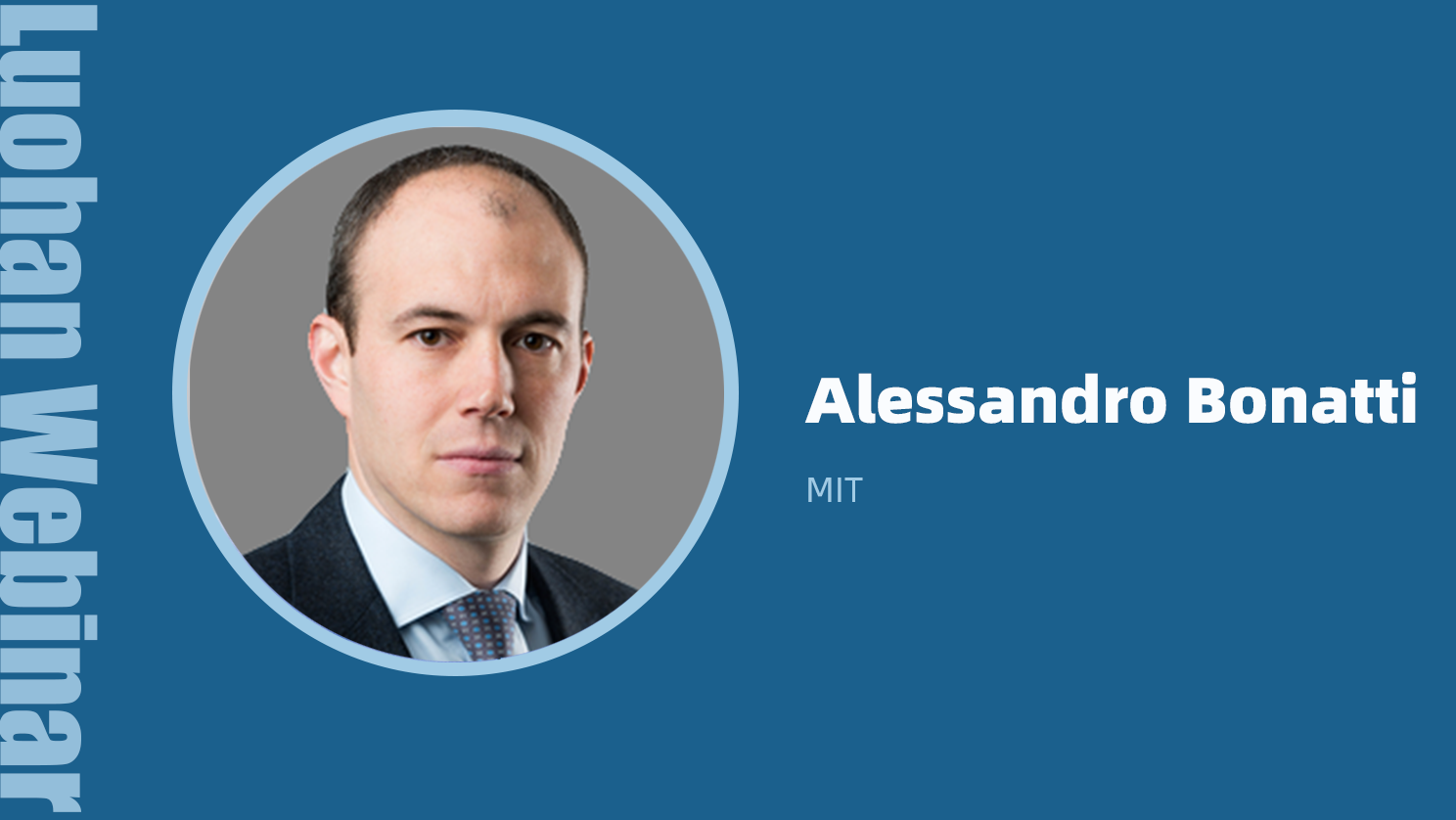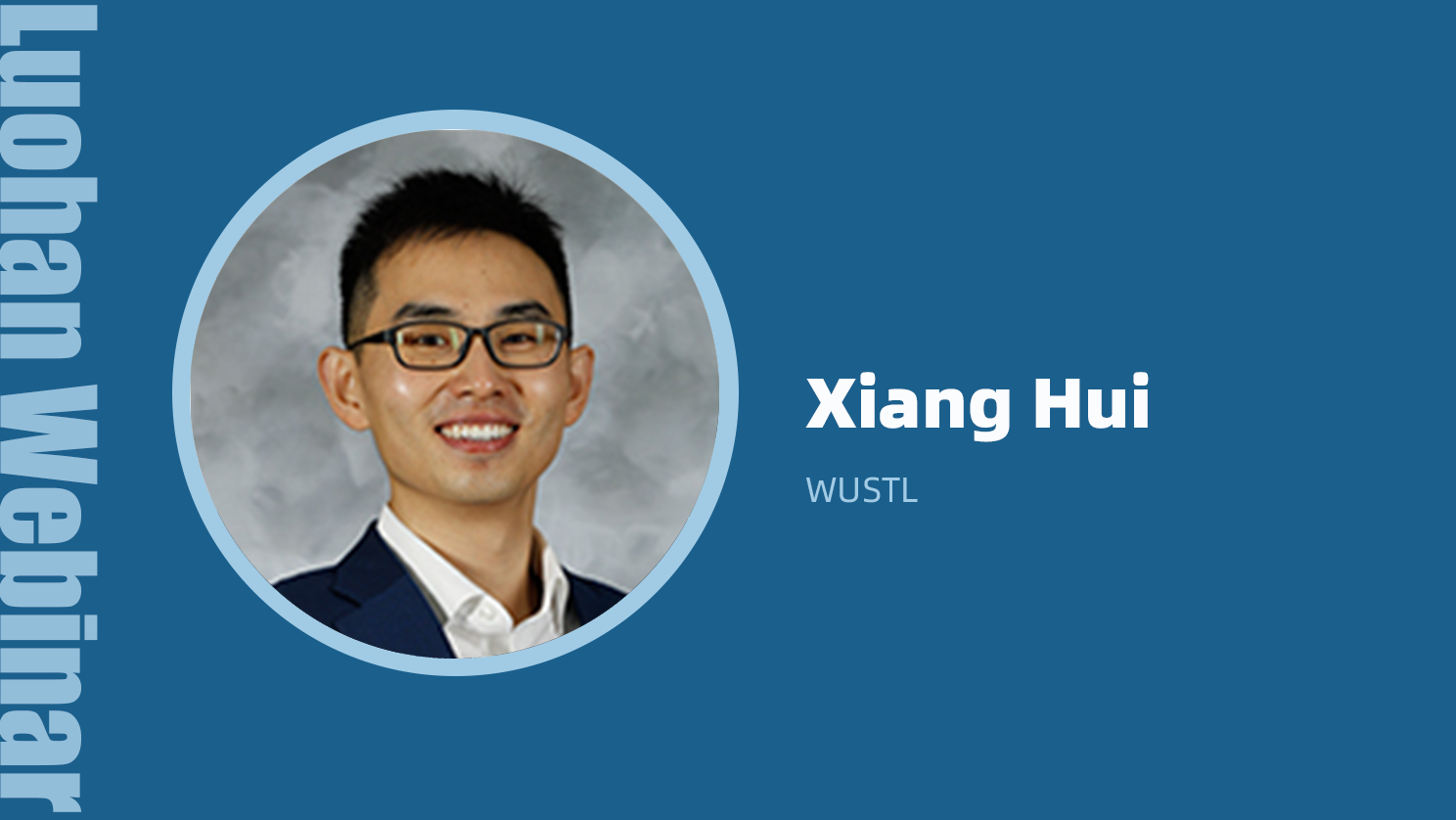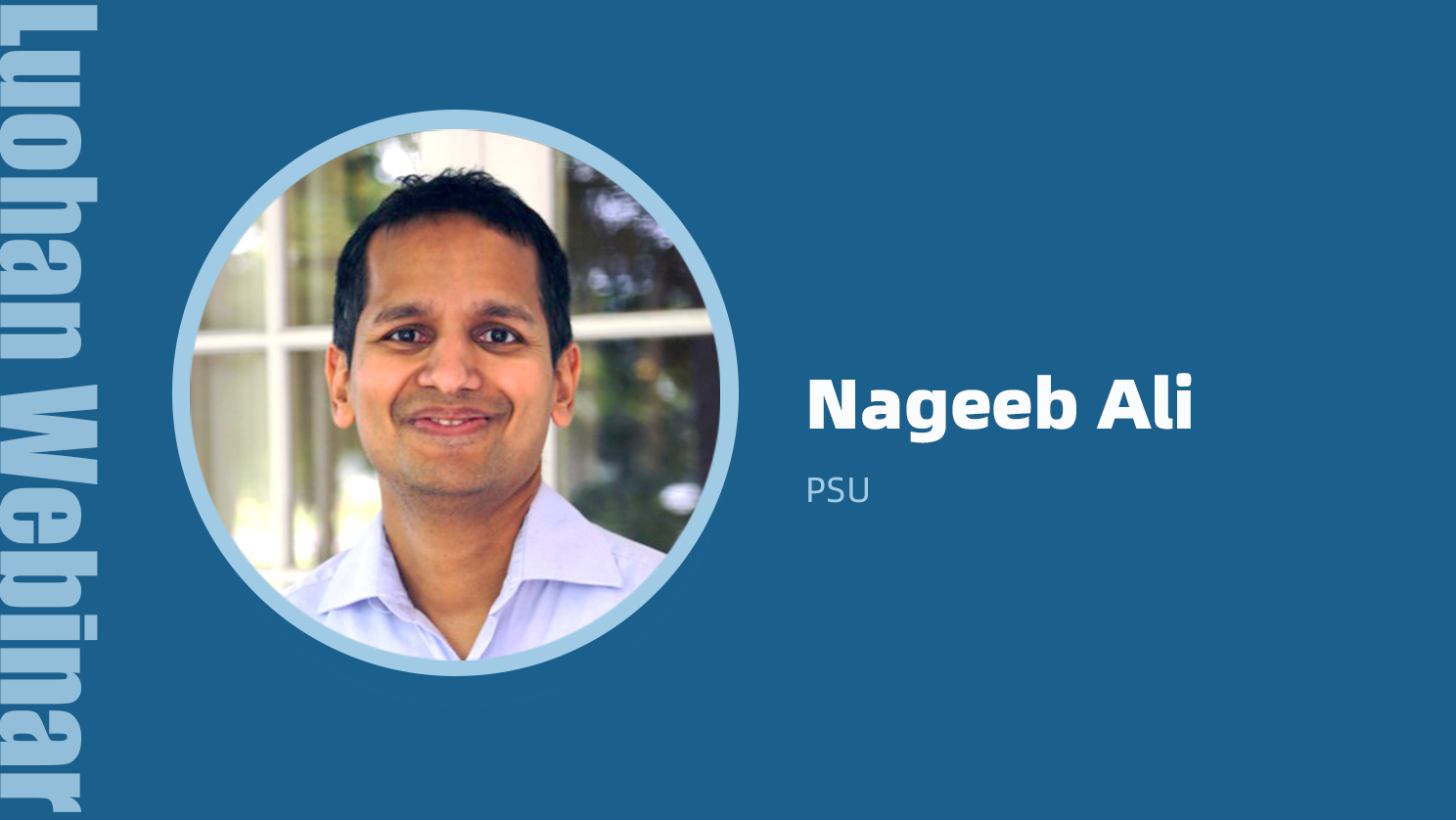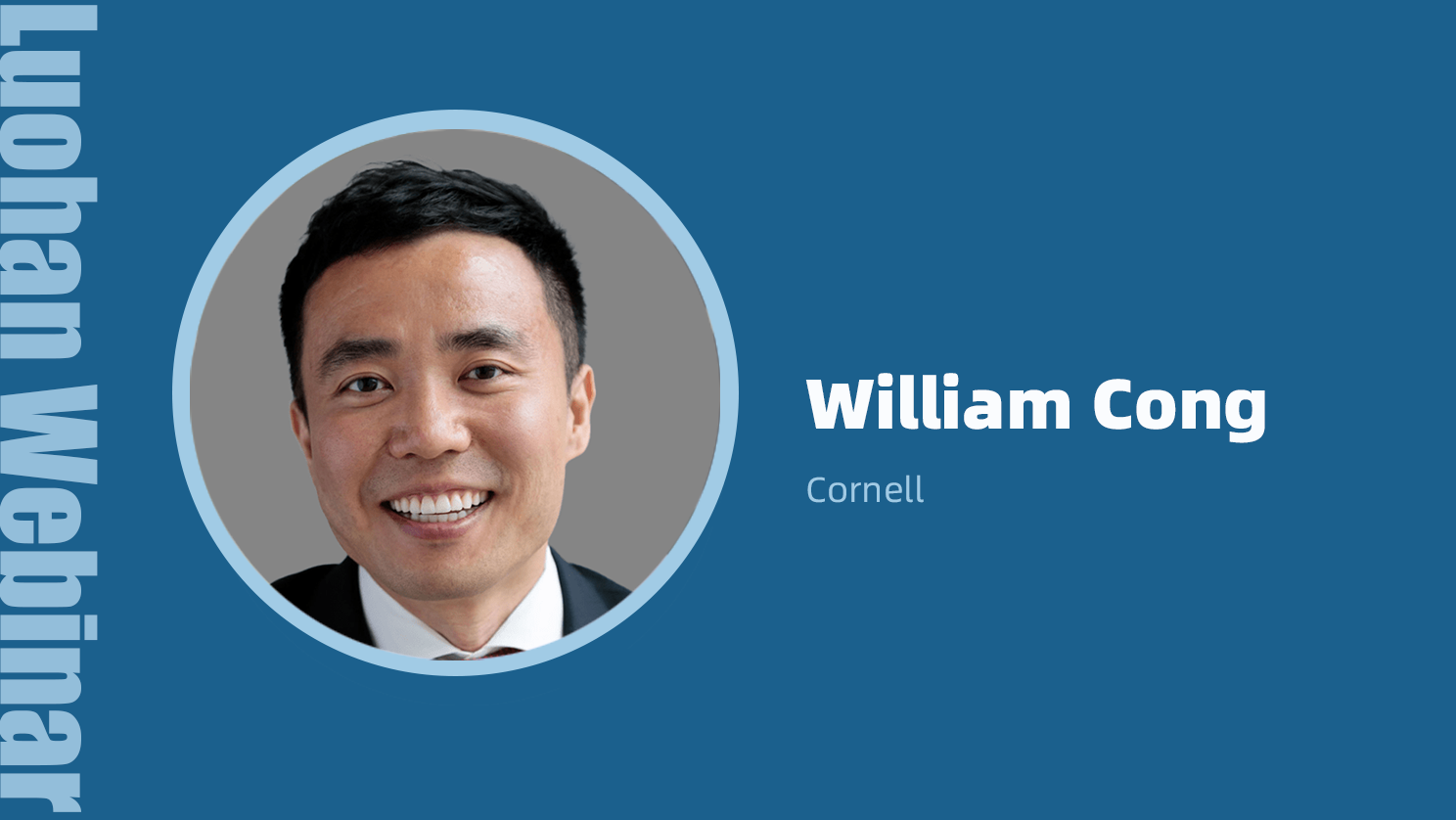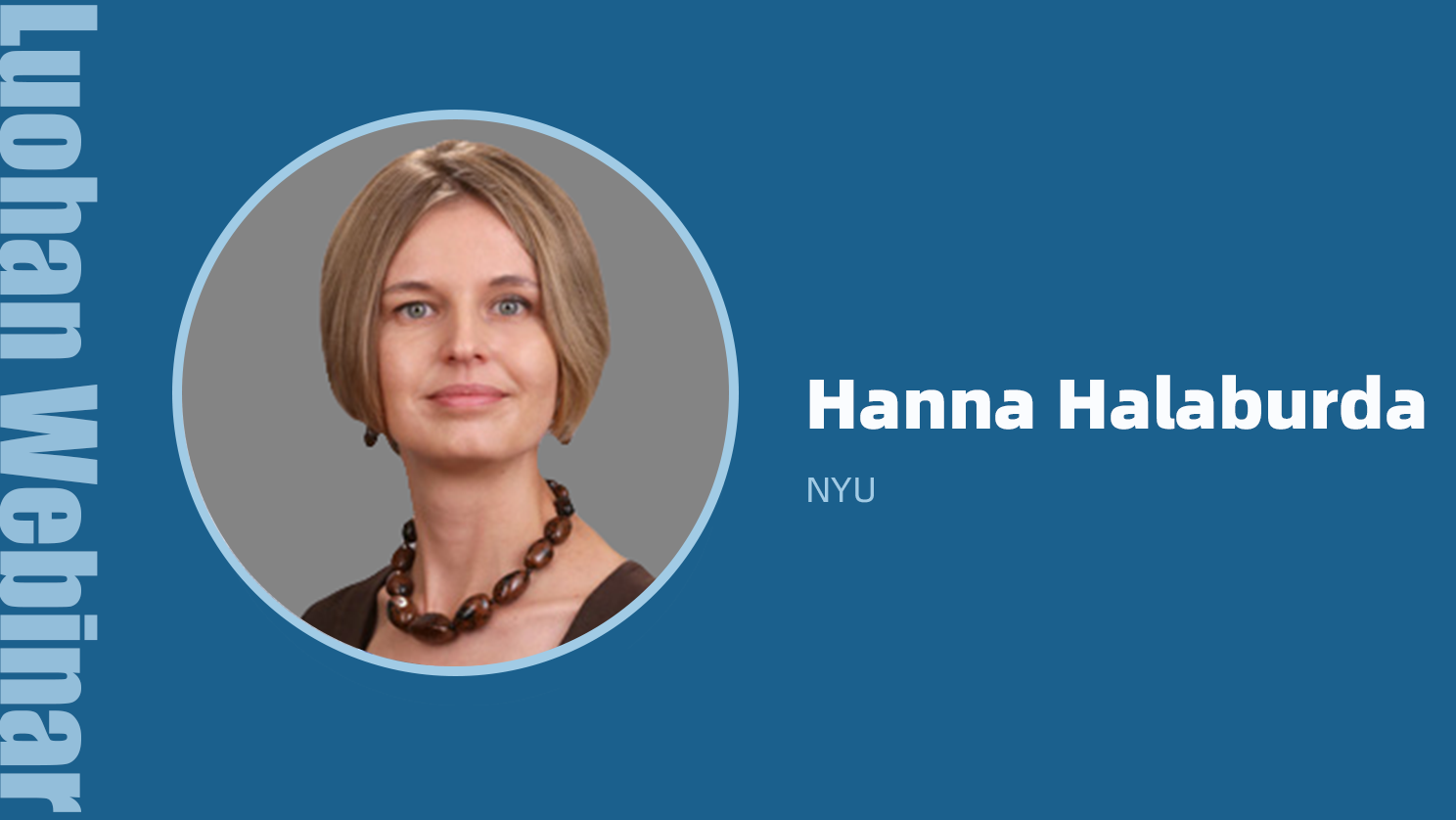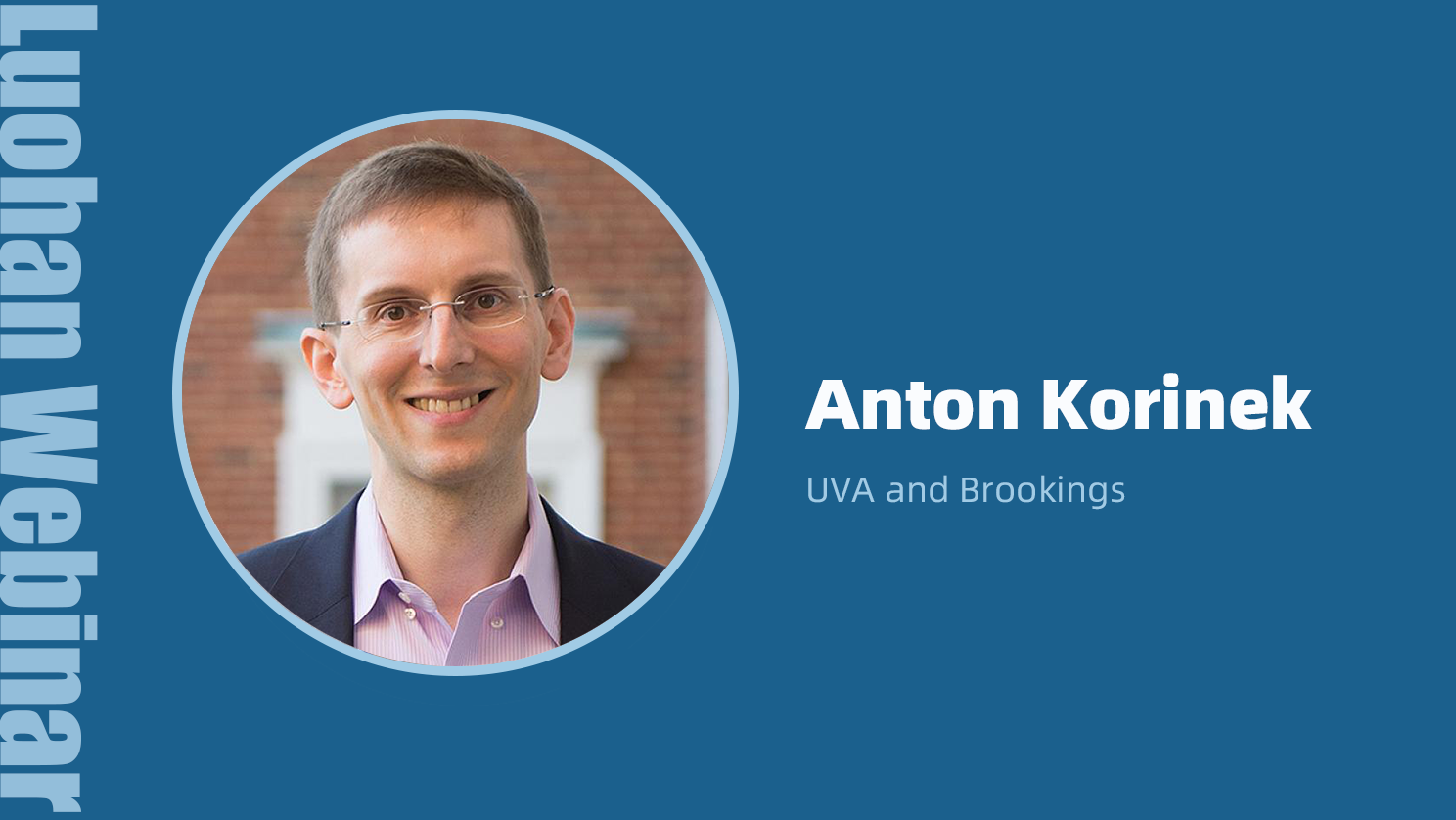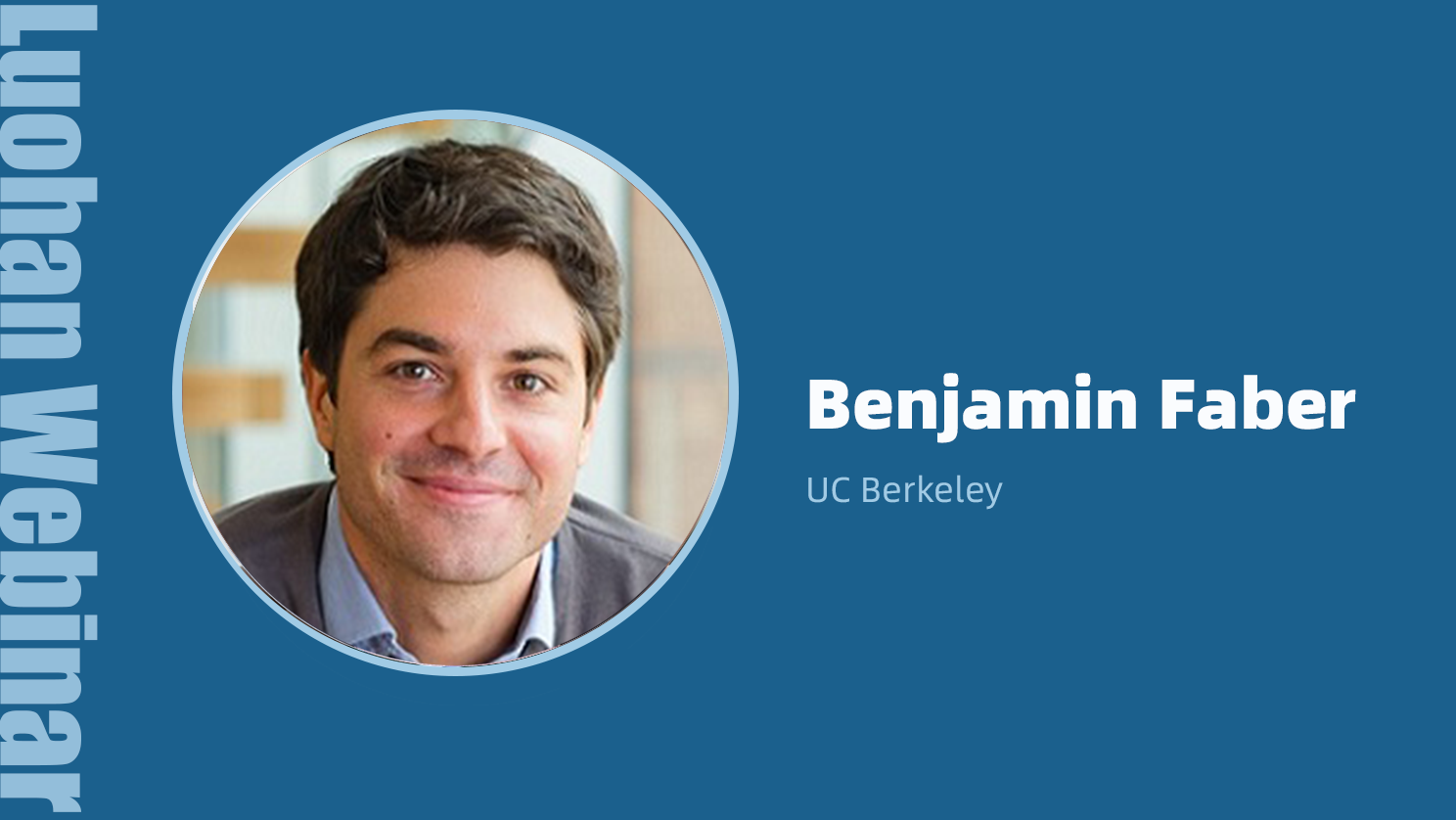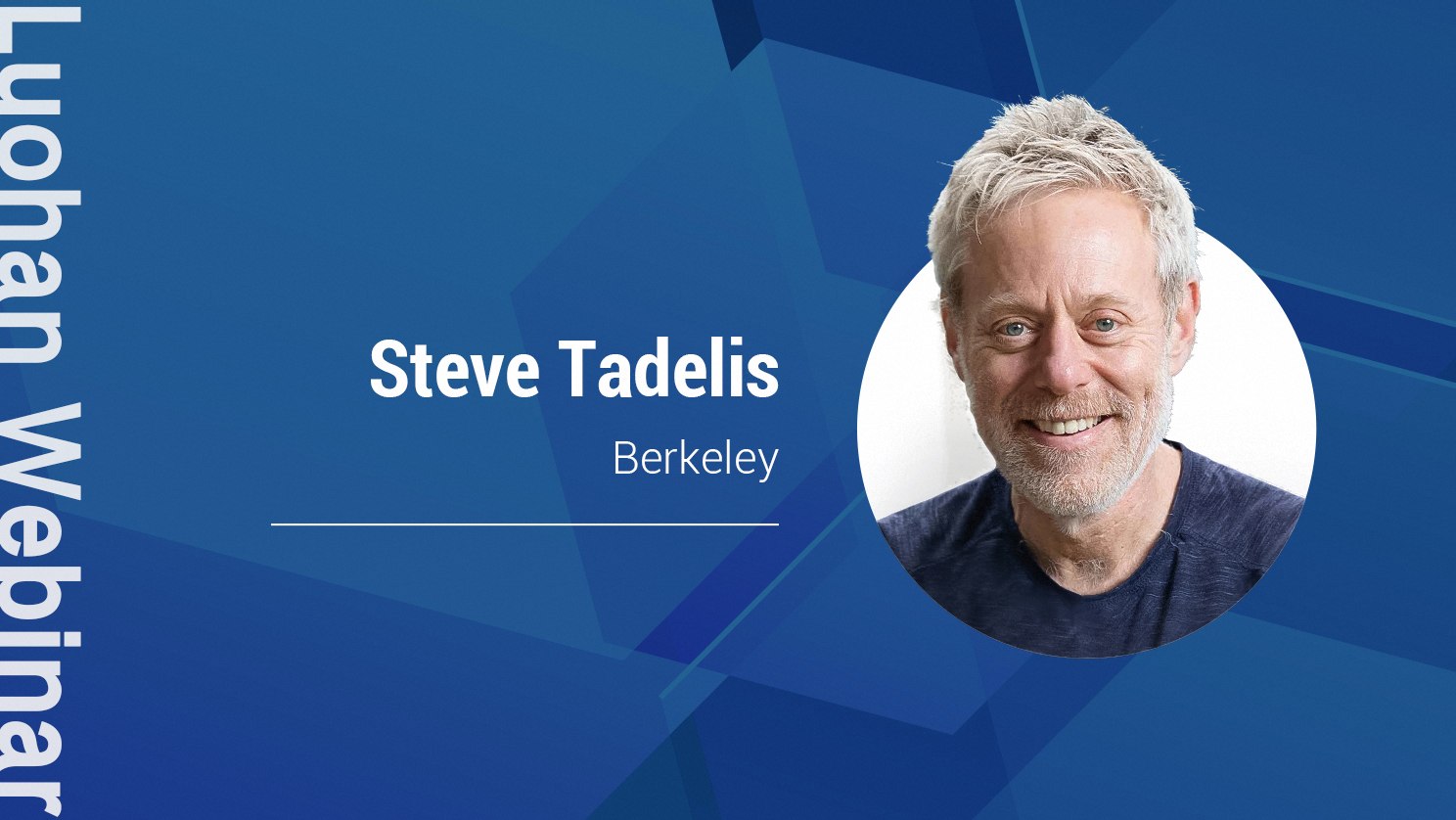Speakers:
Yangqing Jia (Alibaba, formerly Facebook and Google Brain)
Dr. Jia is a computer scientist, the creator of Caffe and co-author of TensorFlow. He is currently serving as VP of Alibaba Inc., and President of the Alibaba Cloud's Computing Platform business unit. Before joining Alibaba, he was a director of engineering at Facebook and research scientist at Google Brain.
Recap:
Yangqing Jia, VP of Alibaba, and formerly at Facebook and Google presented an overview of the current state of AI in the technology industry.
Jia began with concrete examples of current AI, with a tool at Alibaba that can generate textual descriptions from photos, such as products, photos of friends, paintings. This led to a review of the evolution of AI. When AI was a theoretical concept, the goal was to allow a machine to act human, as in the Turing Test. Now AI in practice is used for technologies like deepfakes or augmented searches.
AI problems divide between Perception and Decision. A lot of progress in this past decade has been made in perception with neural networks and deep learning (DL). AlexNet (2012) was an influential milestone in being a deep neural network that could recognize images much better than past systems. This led to Clarifai (2013), GoogLeNet (2014), RestNet (2015), GoogLeNet 4 (2016). By around 2015, GoogLeNet, which Jia worked on, had a recognition rate that surpassed the average human.
Deep learning has evolved to now being versatile and even indispensable to some tasks in the perception realm. But it does require a lot of data to train, and computational power. This is a challenge to system admins who need to spend a lot of time and money to build systems for these applications. We’ve gone from 10MB of data in 1998 to process for the state of the art then, to 2TB today to potentially 1PB for training data for self-driving AI.
Jia is optimistic on AI helping make life better. He cited Alibaba’s recent work with a Zhejiang airport to use AI to identify areas of congestion at the airport to improve plane taxing waits, often long due to the limited vantage point of people in the control tower. He also discussed potential negatives such as worries over privacy. But here too, he thinks that AI can be harnessed to protect privacy. Google Streetviews for example, used AI recognition to blur our faces and license plates from its images. Net, he feels confident he can contribute to human welfare.
The discussion portion features questions from social scientists. Professor Will Cong (Cornell University) asked how social scientists can bring their expertise to the AI realm. Jia responded that AI practitioners are often looking for novel needs to address. Jia sees the last decades’ hot areas of deep learning as being less useful for the problems of forecasting turning points, such as financial crisis. For DL, if we go beyond 3 layers, there is nearly no explainability. For some problems, like recognizing cats in photos, we don’t need explainability. But for the problems that do, one can combine traditional AI methods and the recent ones to form more powerful tools.
If you would like to give a presentation in a future webinar, contact our Senior Economist Dr. Wen Chen (wen.chen@luohanacademy.com). For other inquiries, please contact: events@luohanacademy.com.


